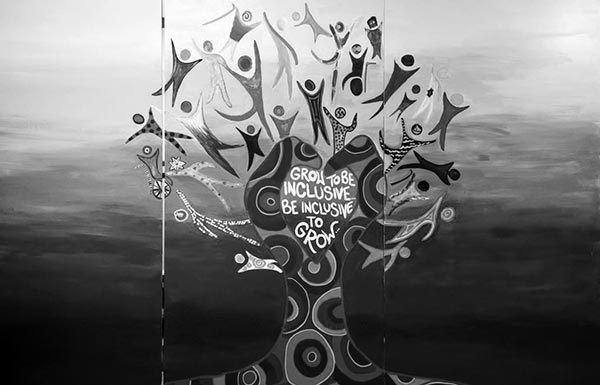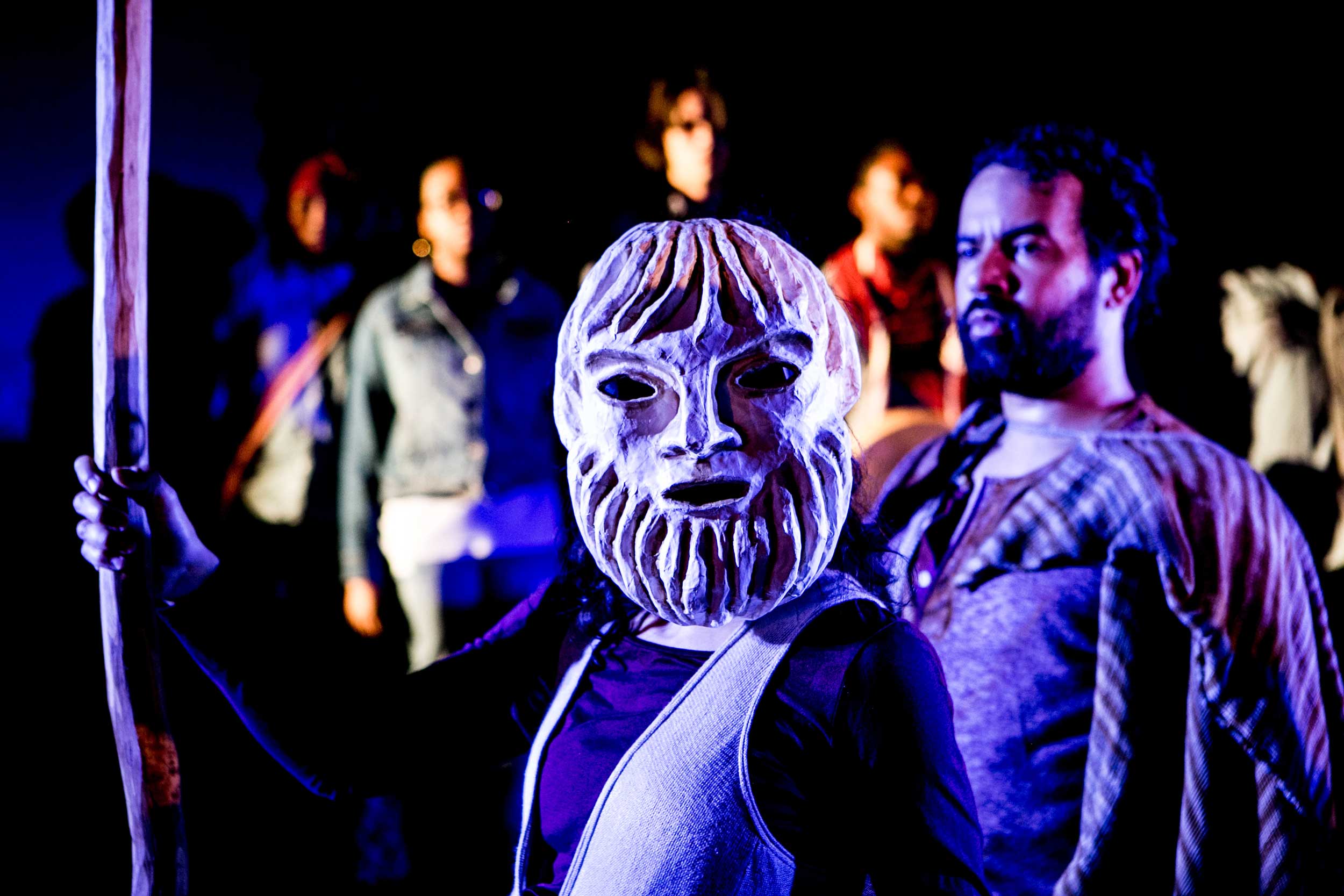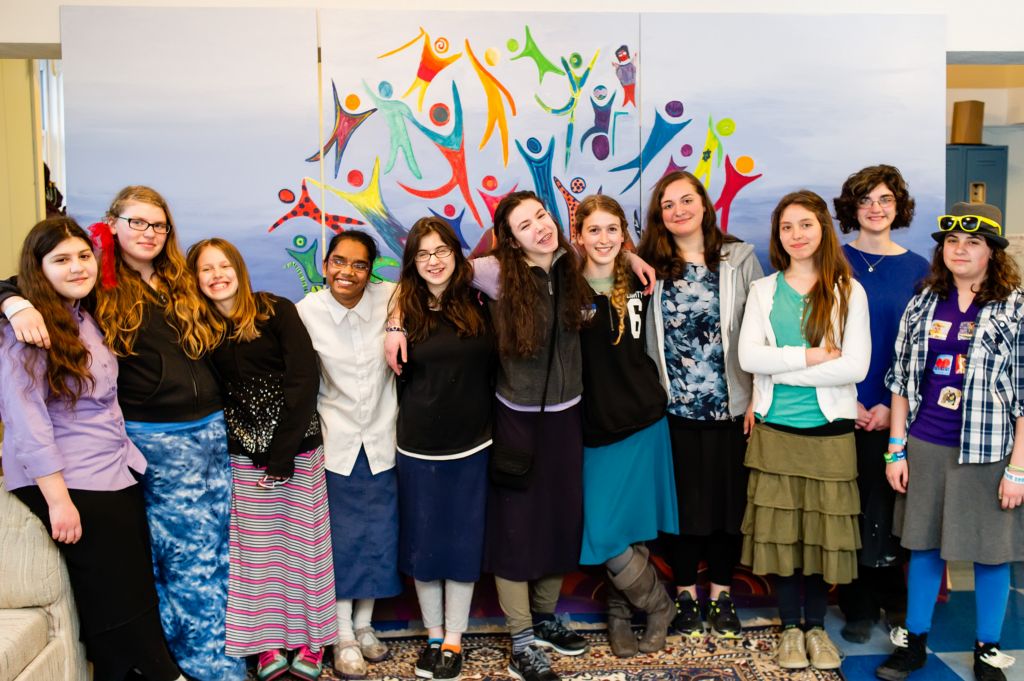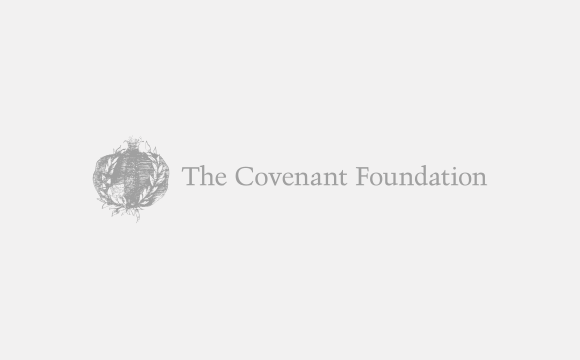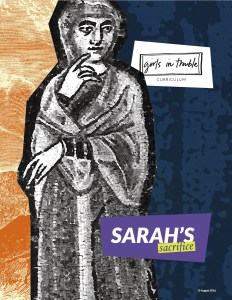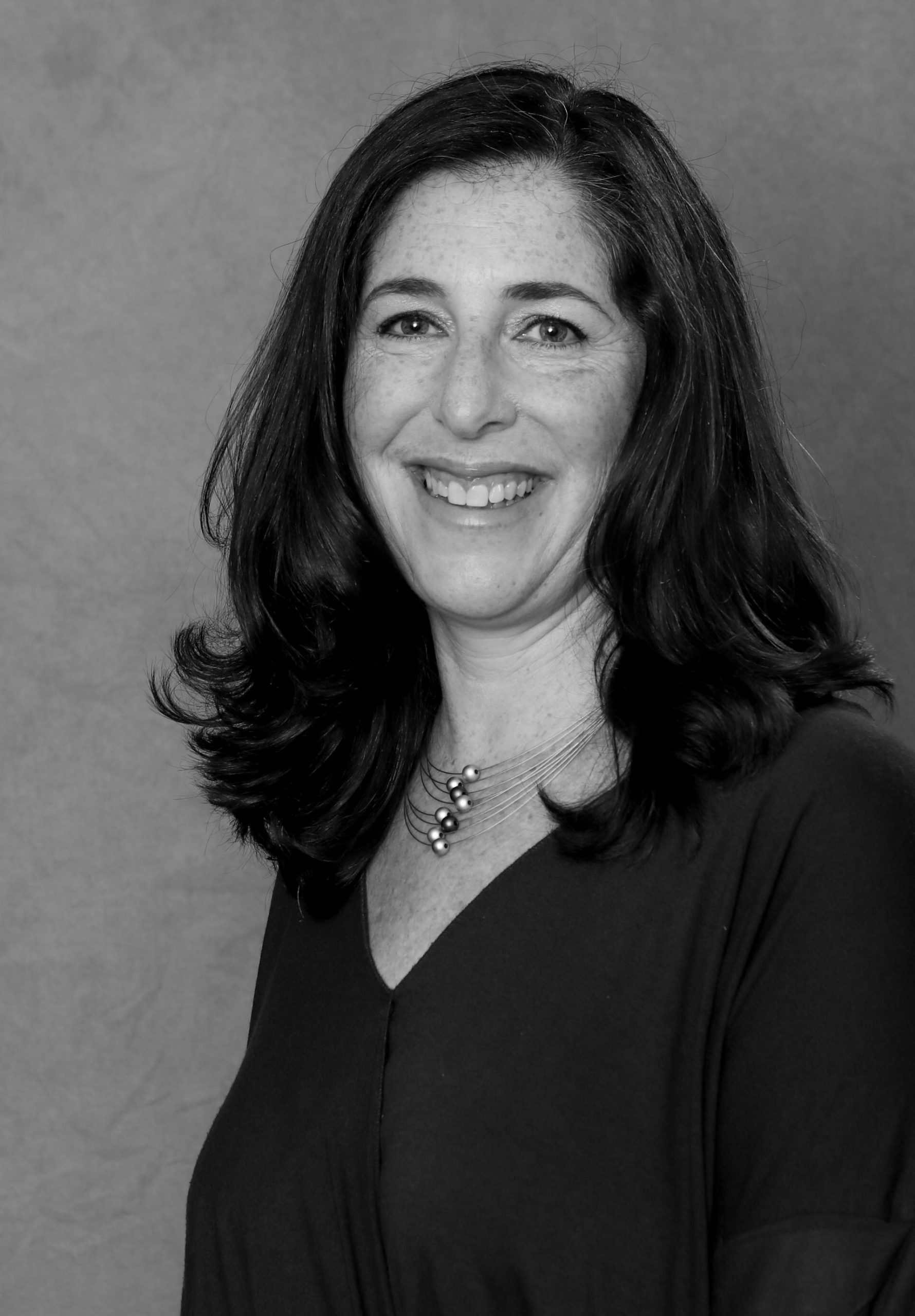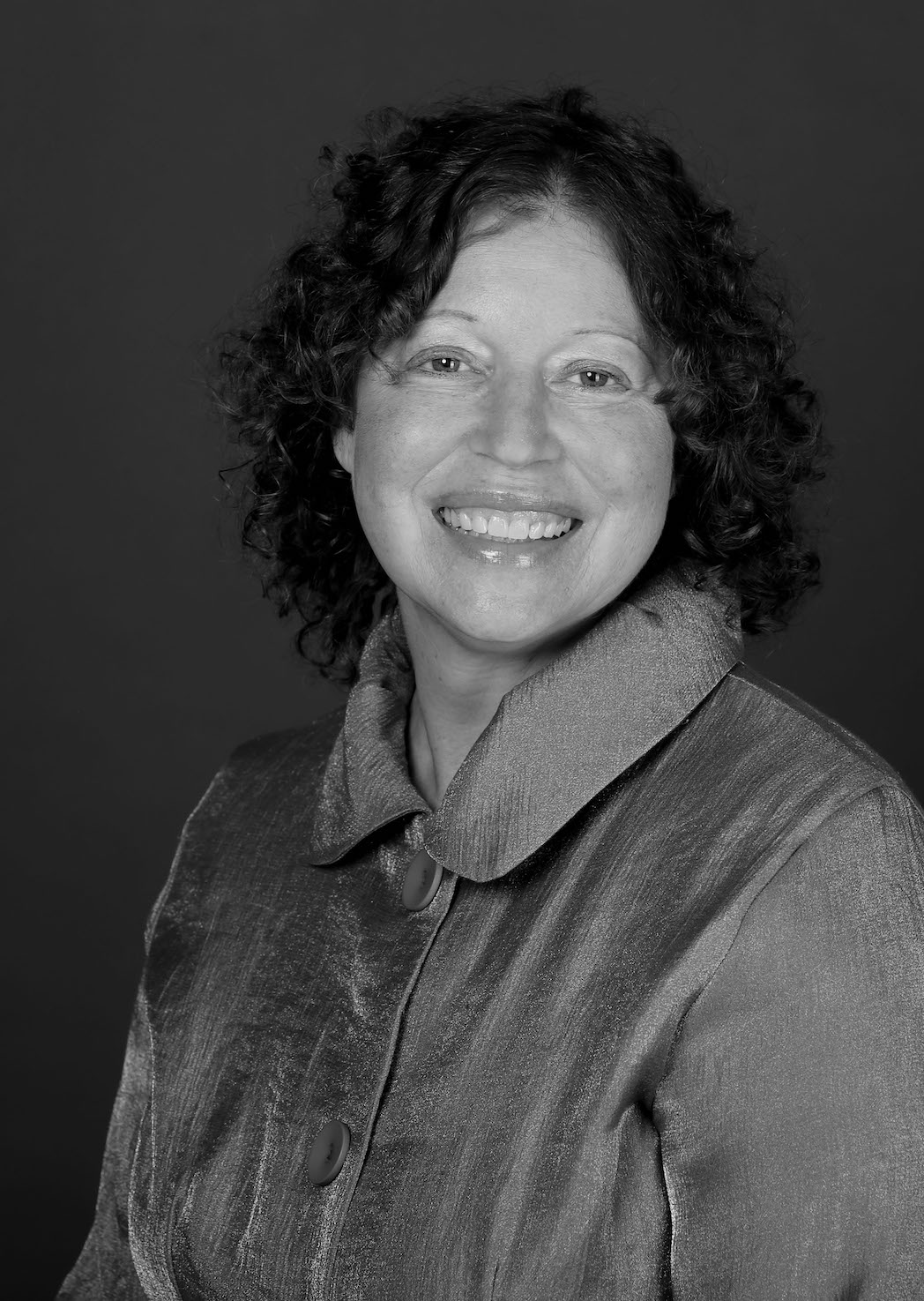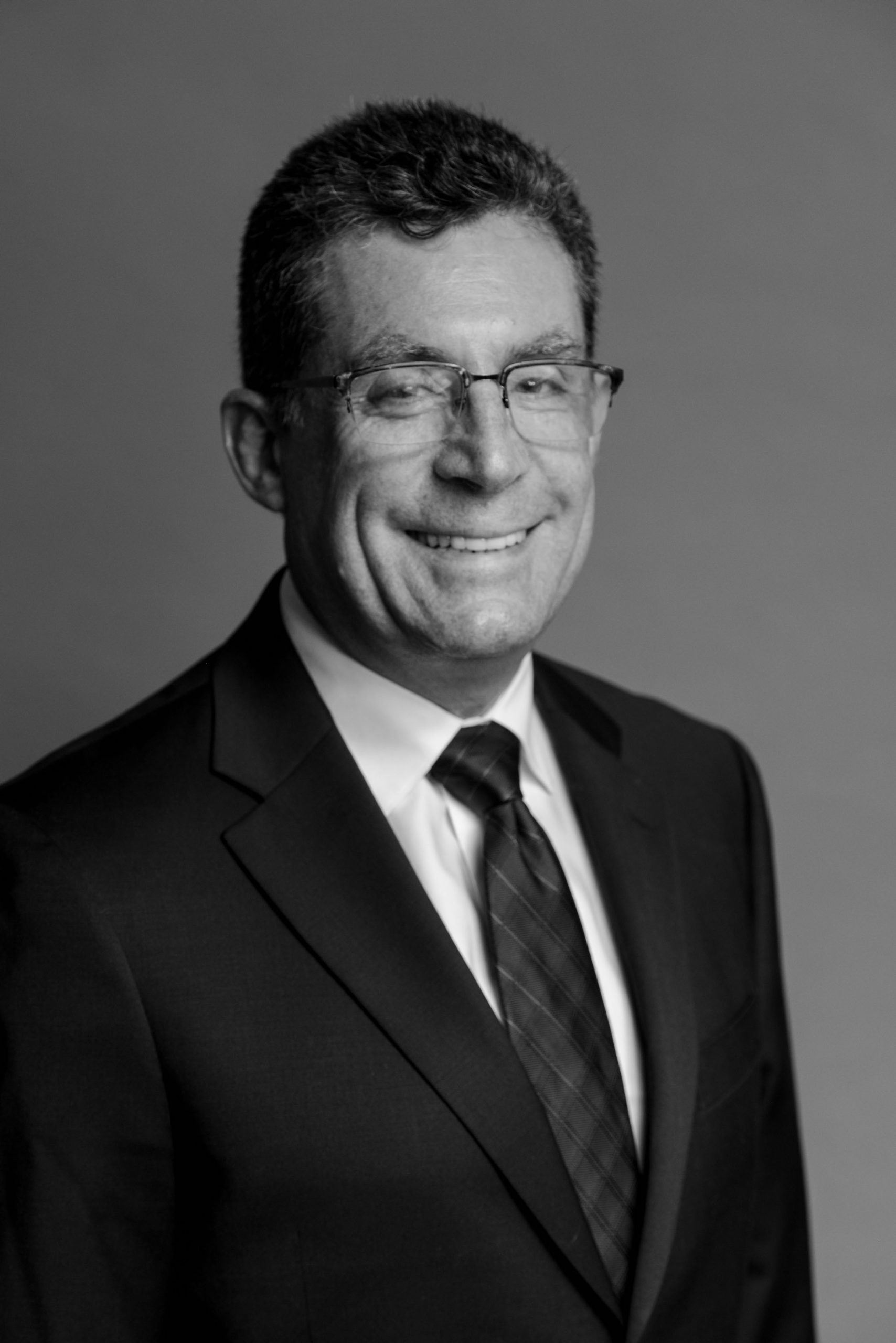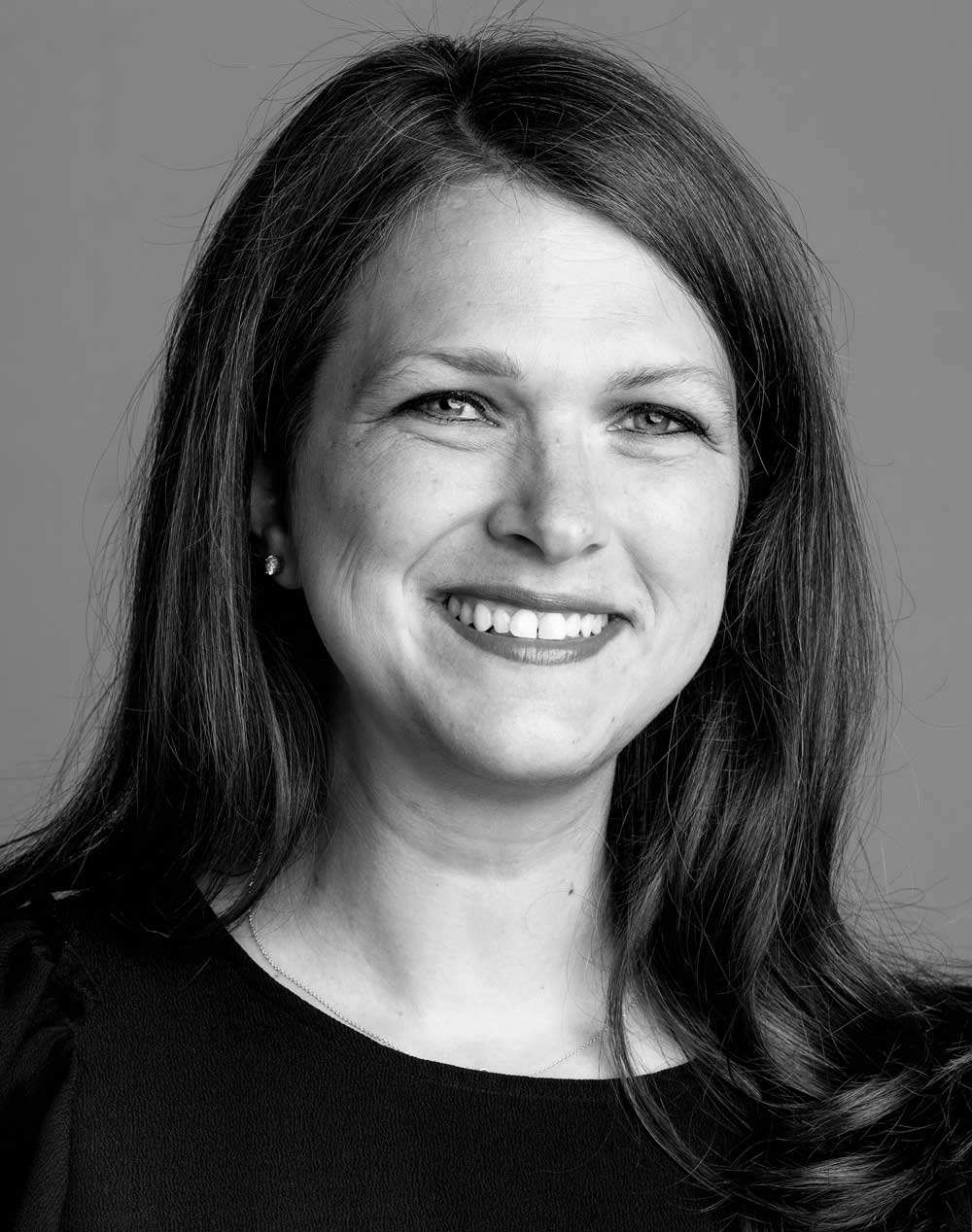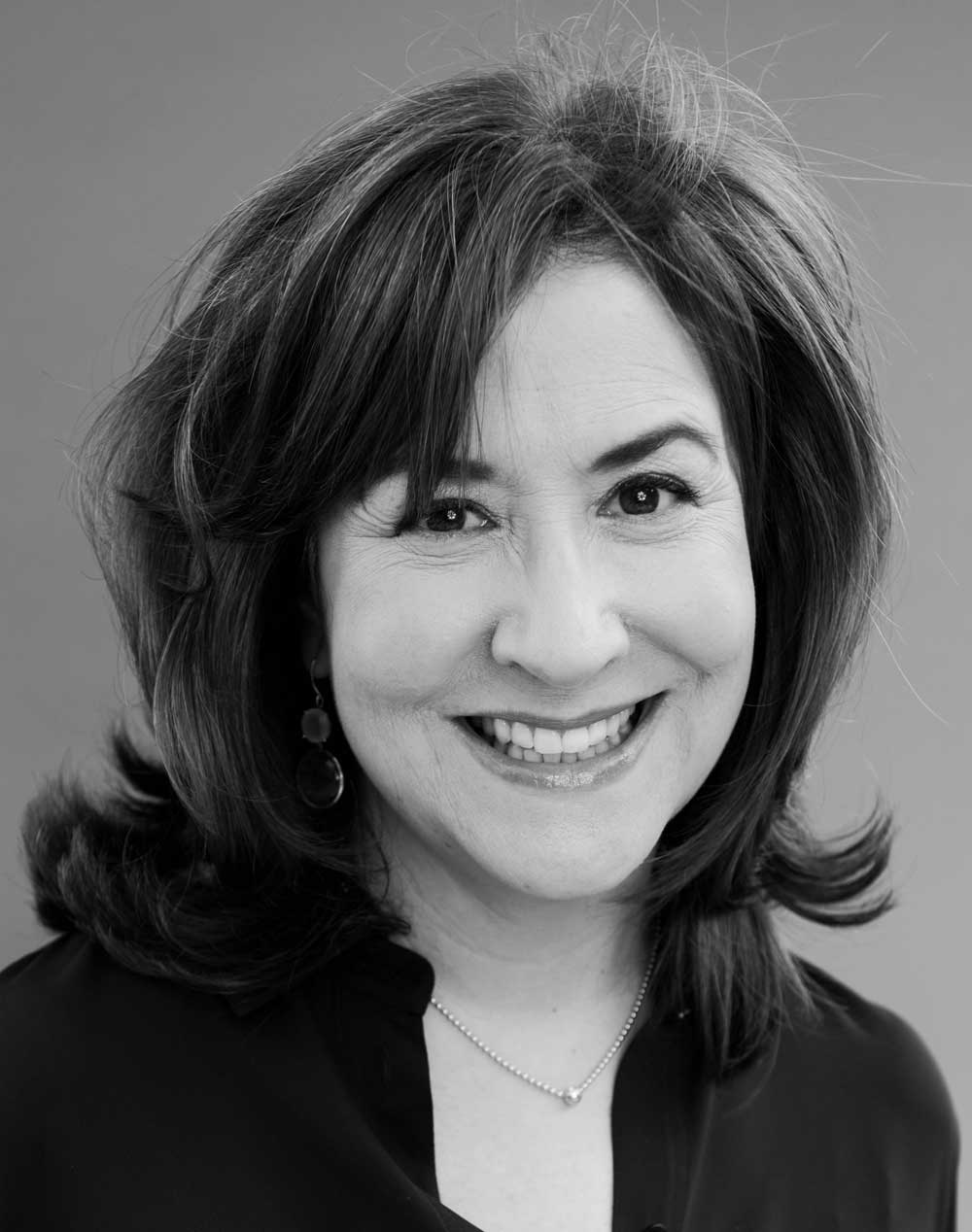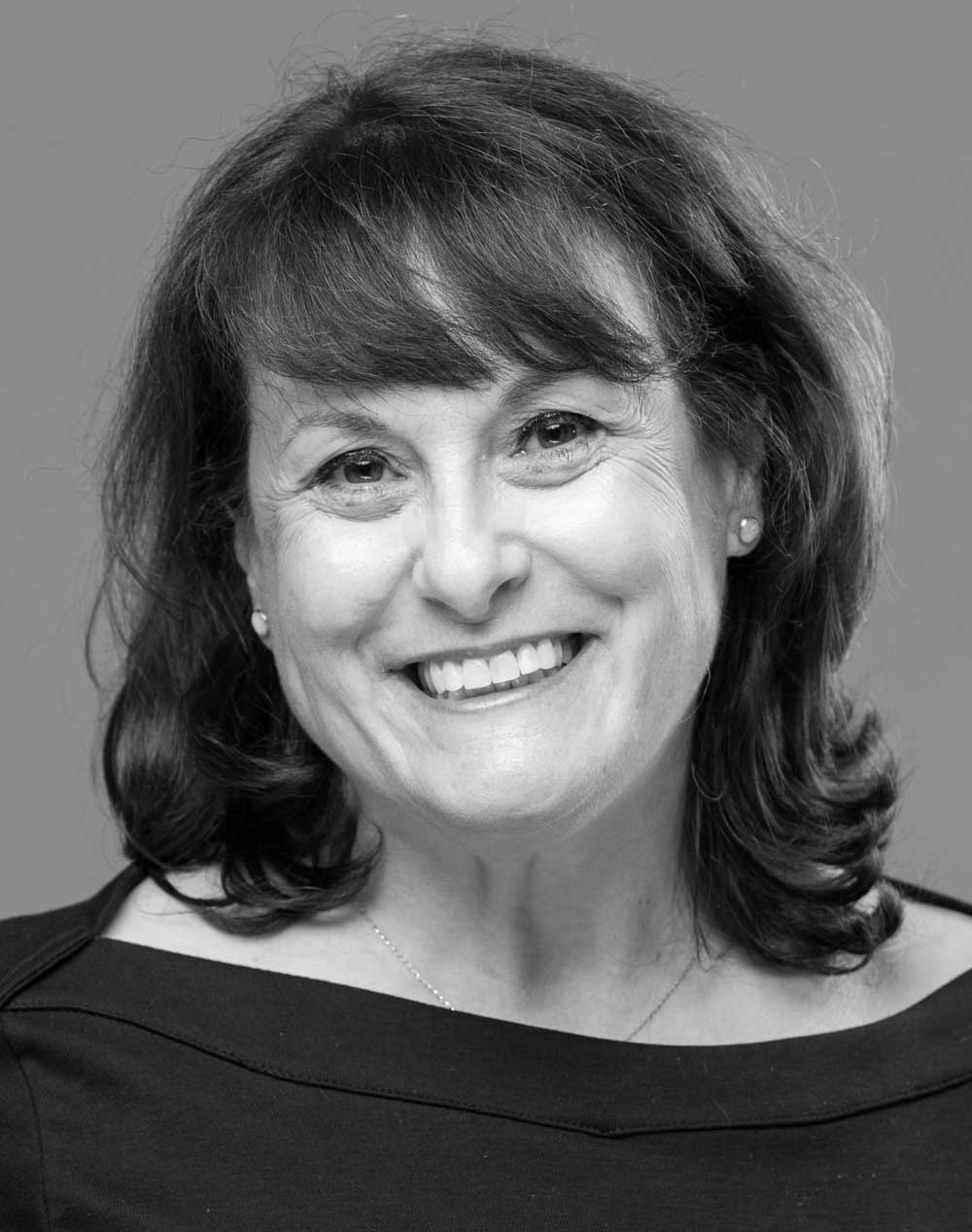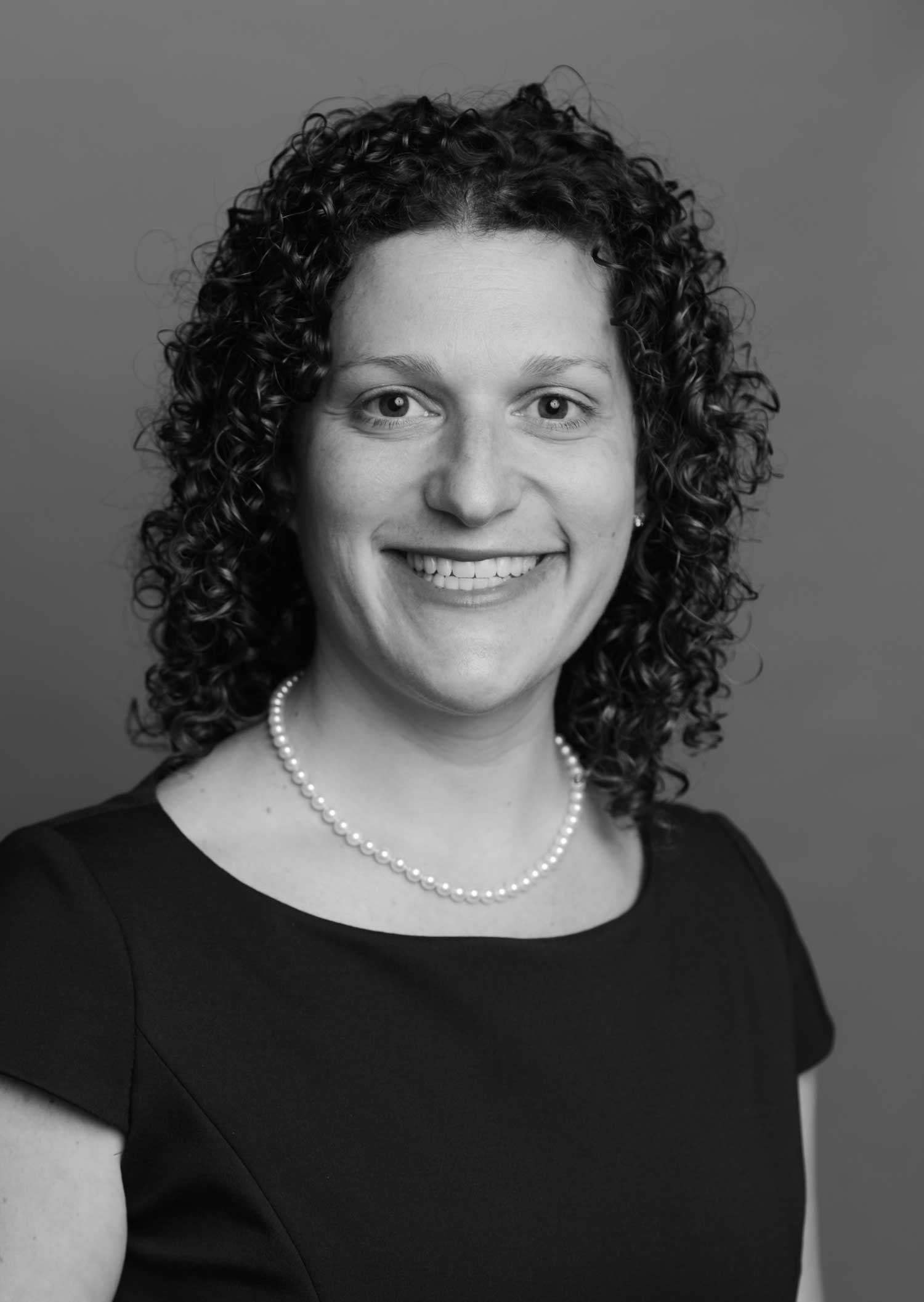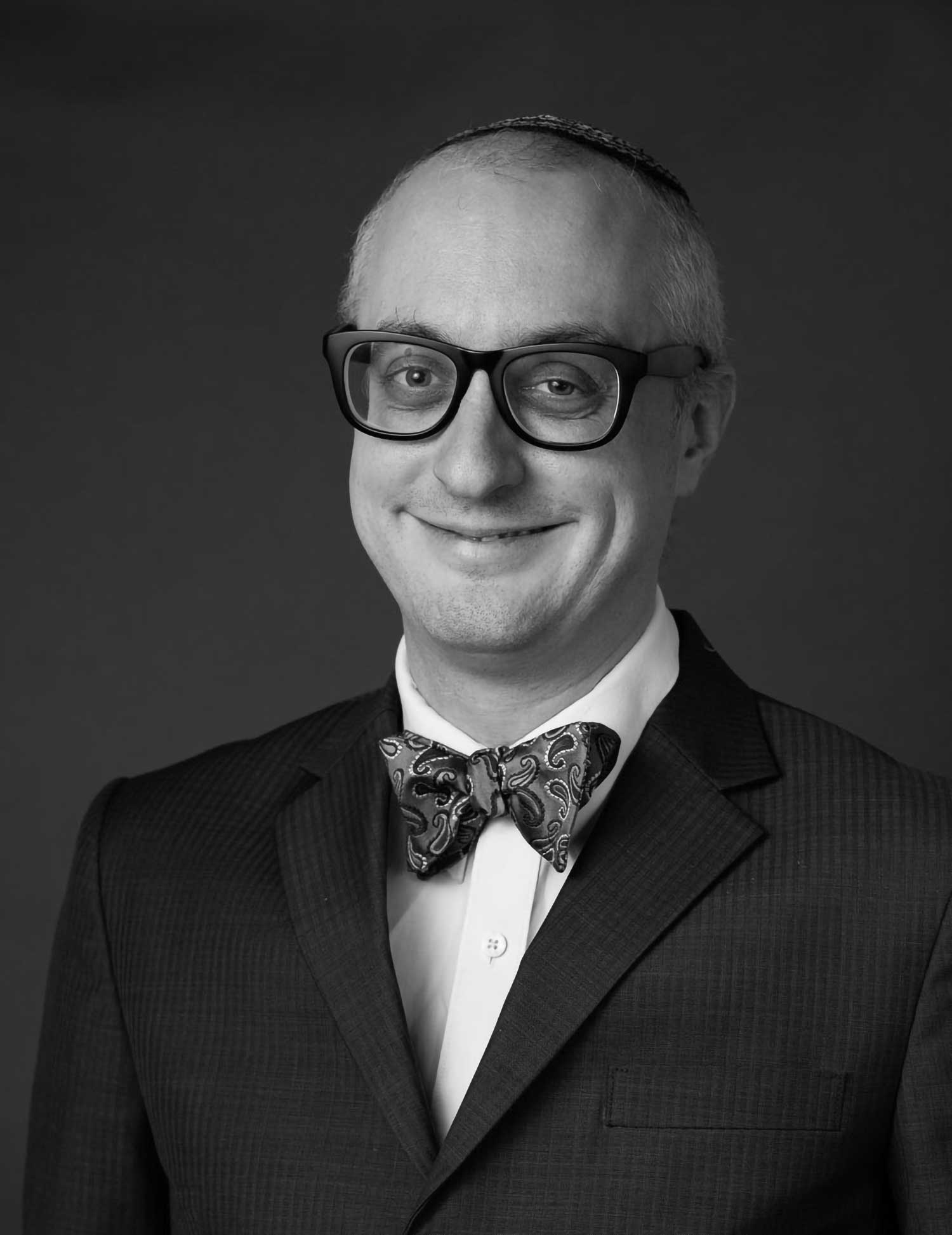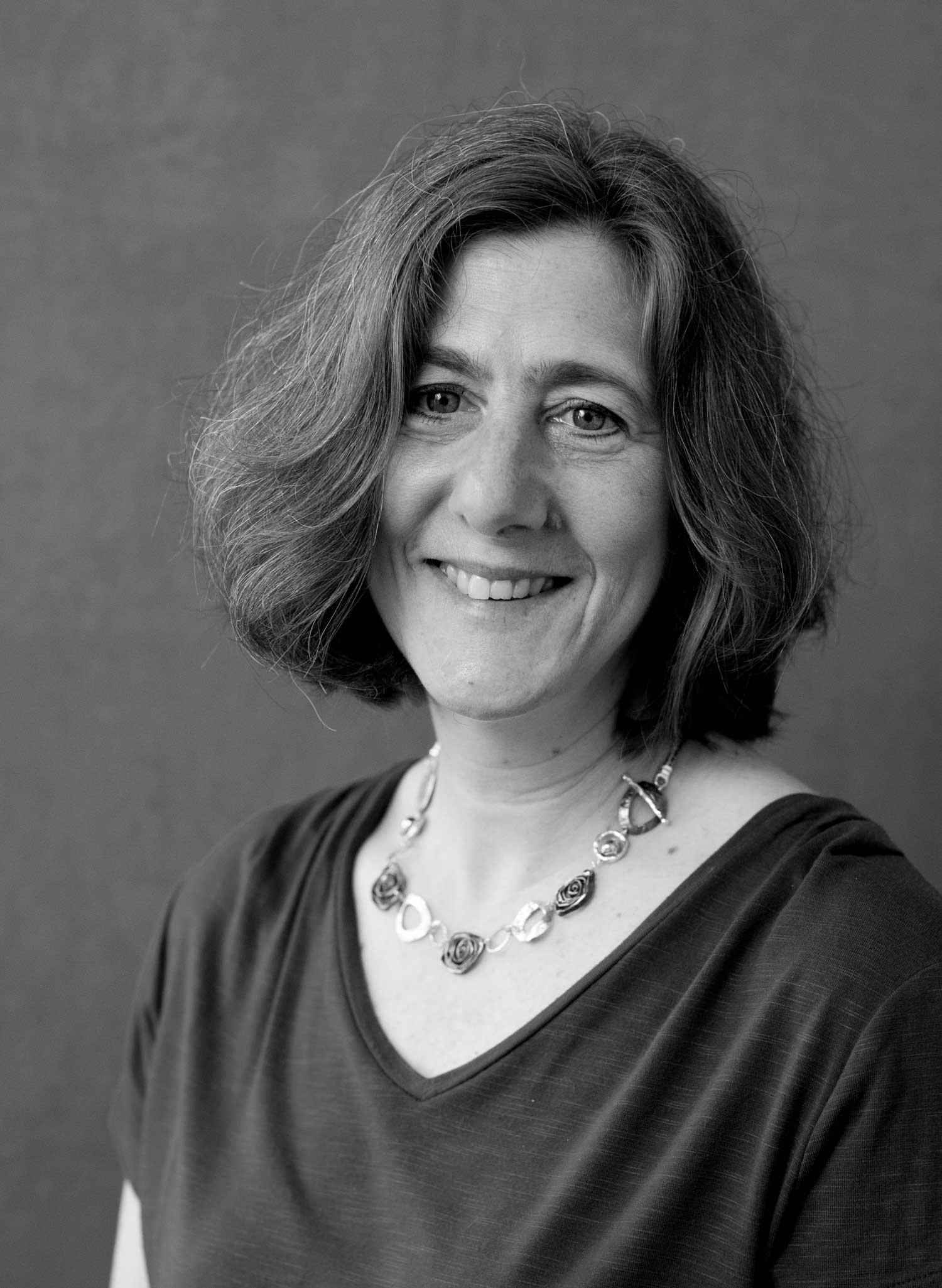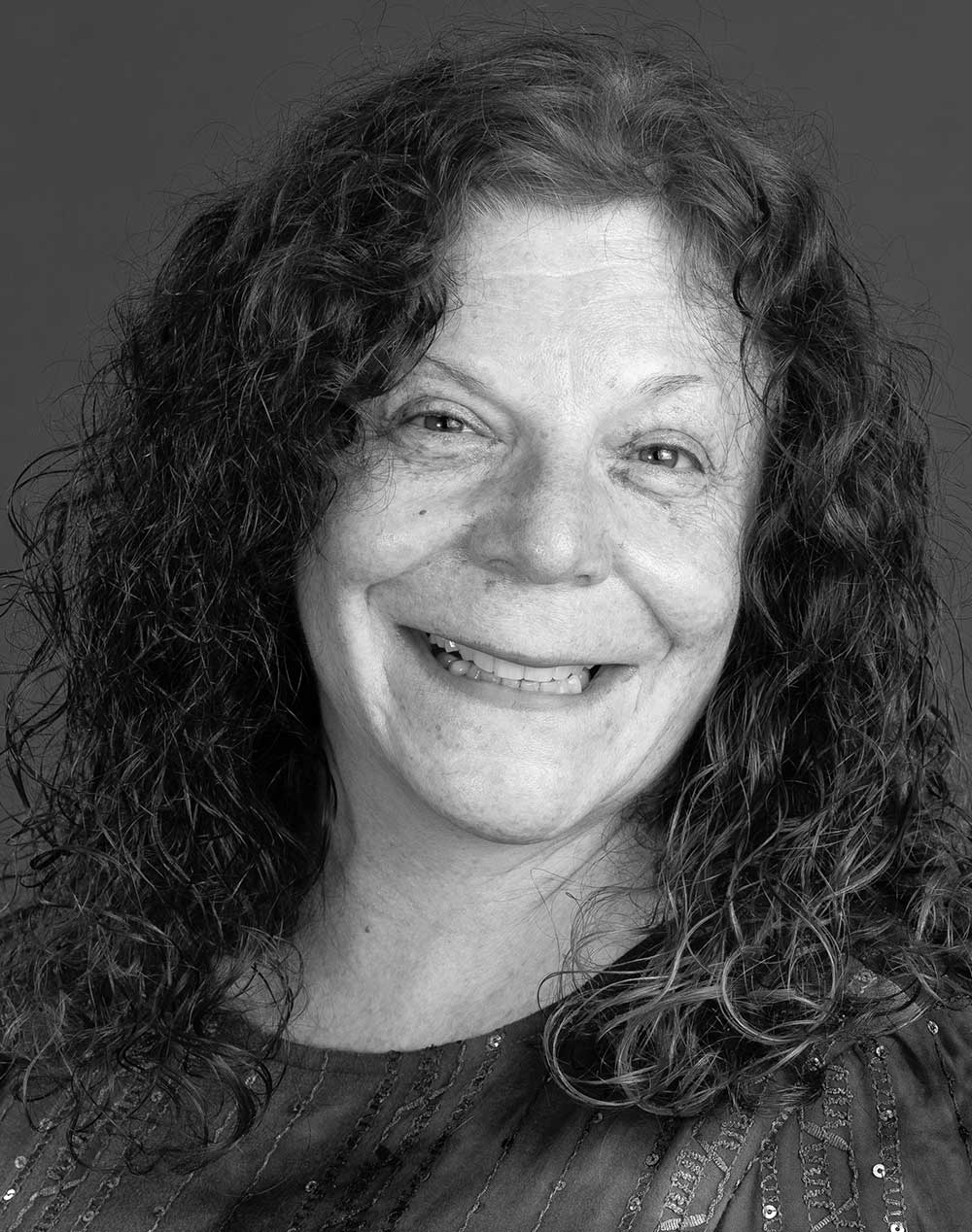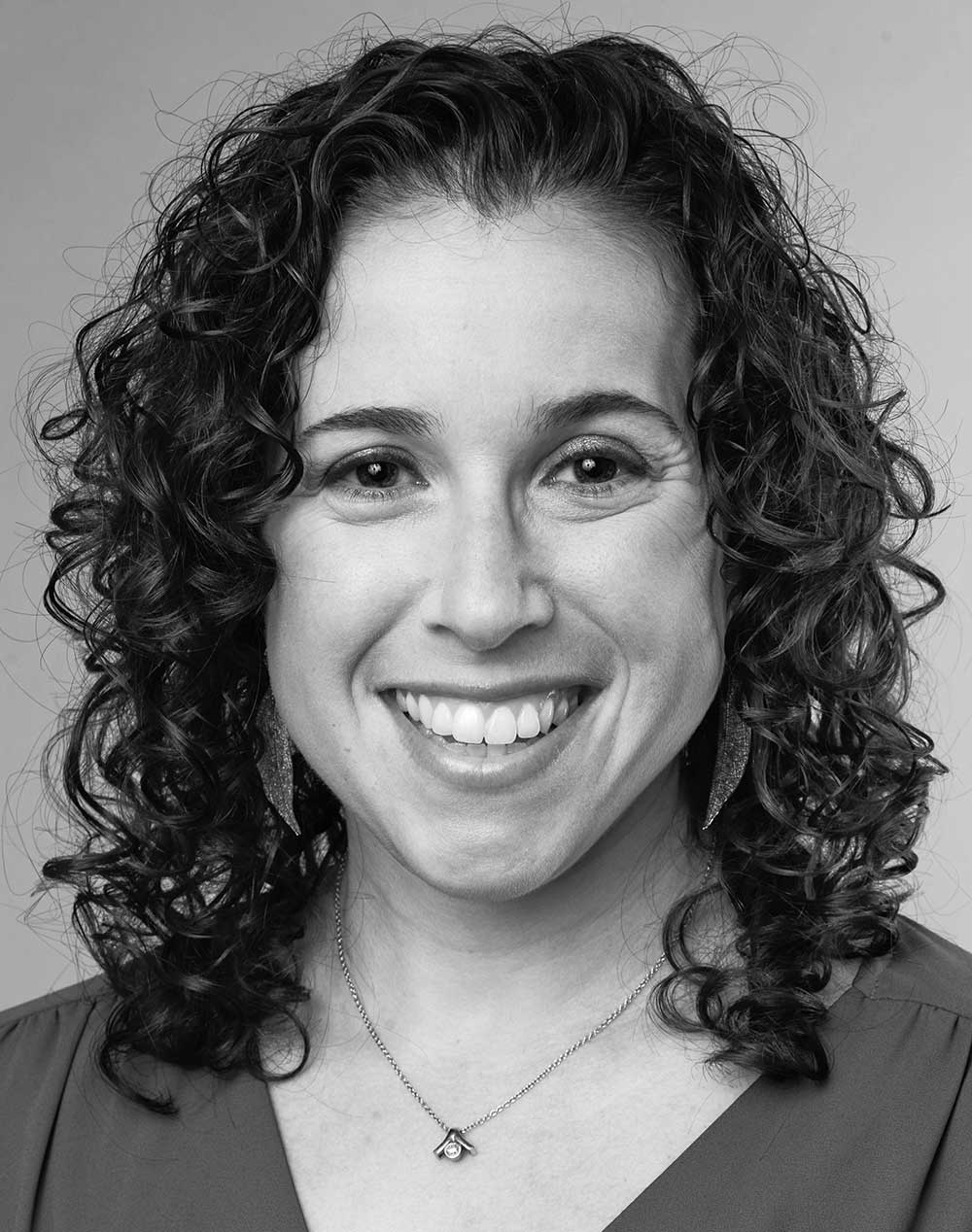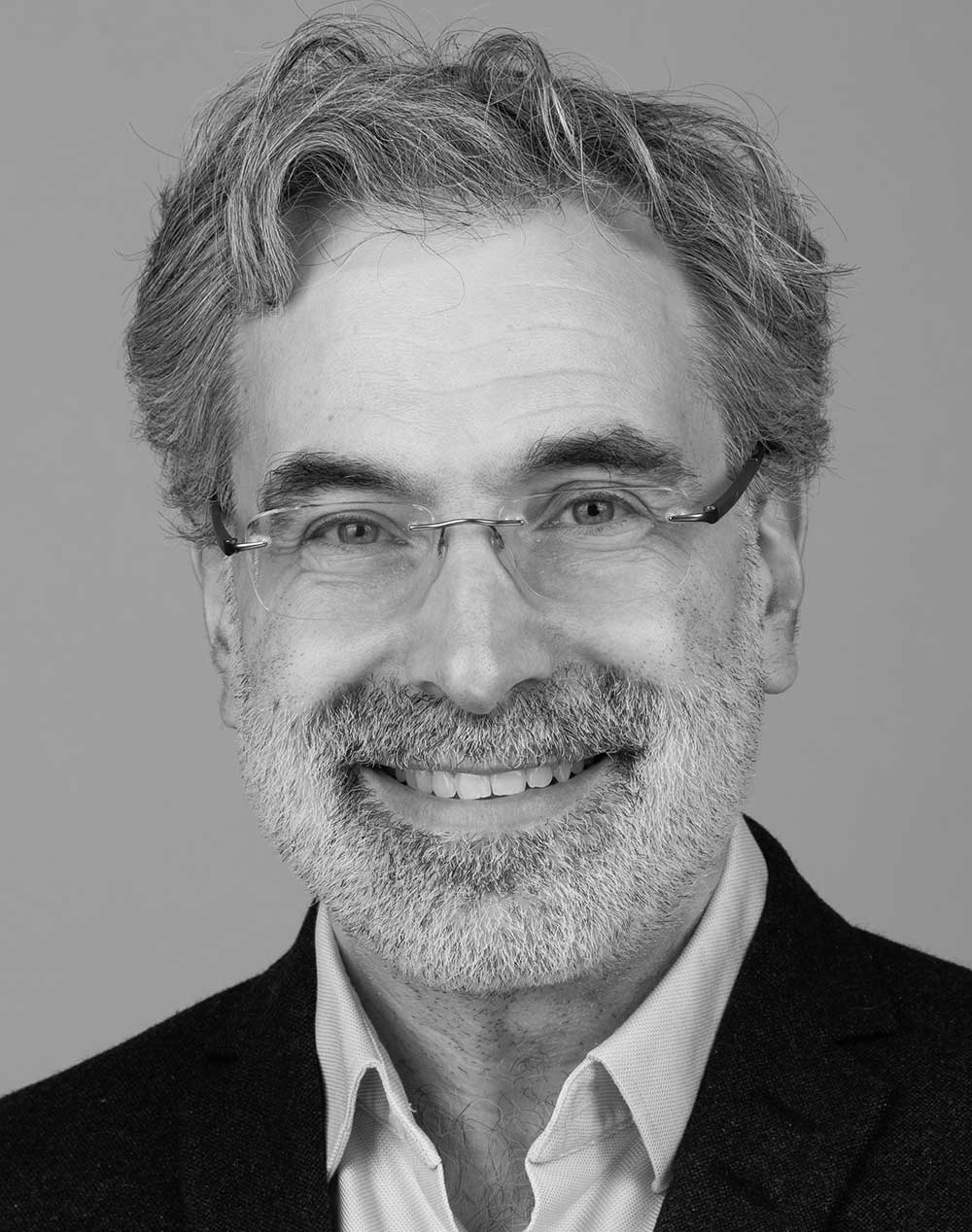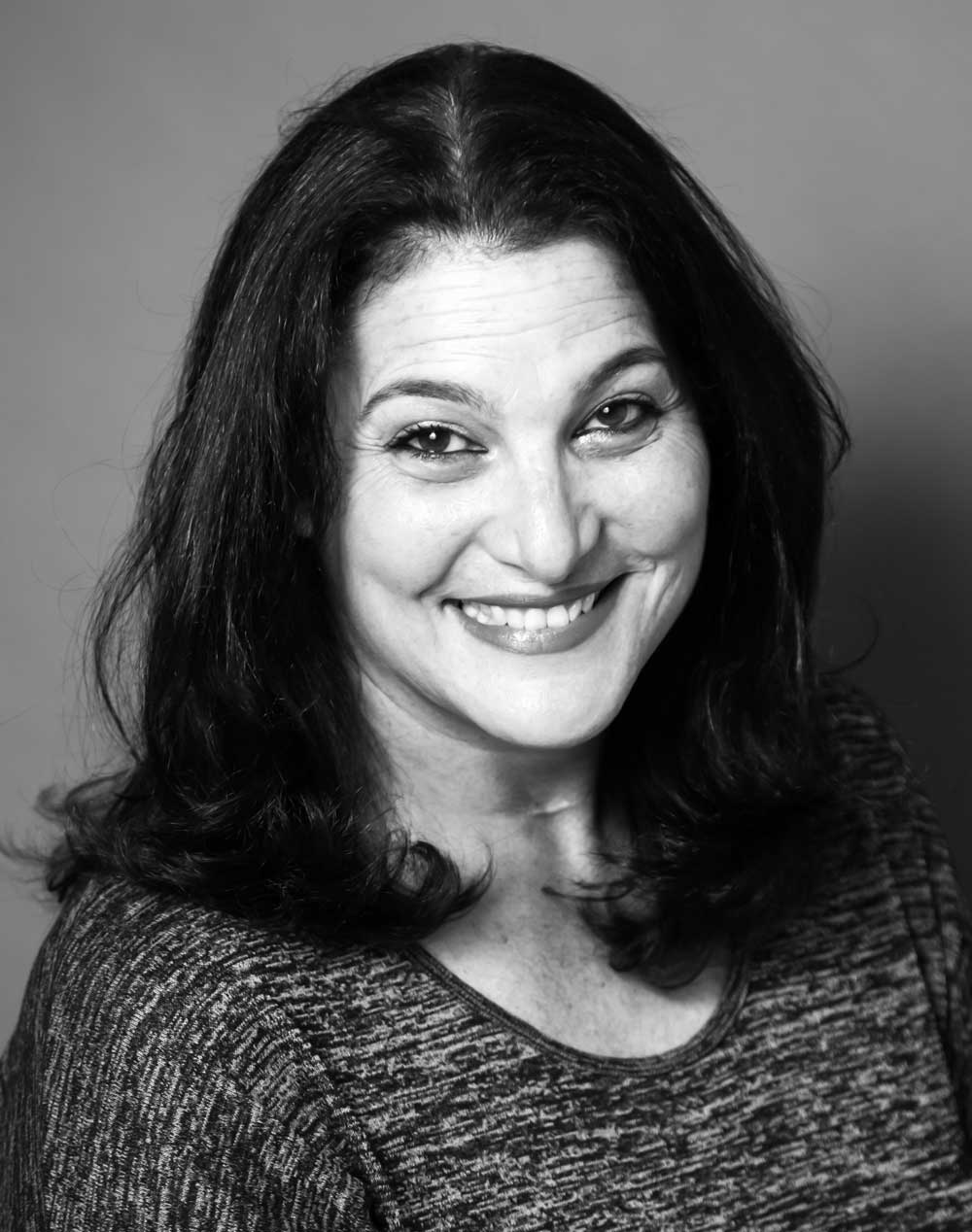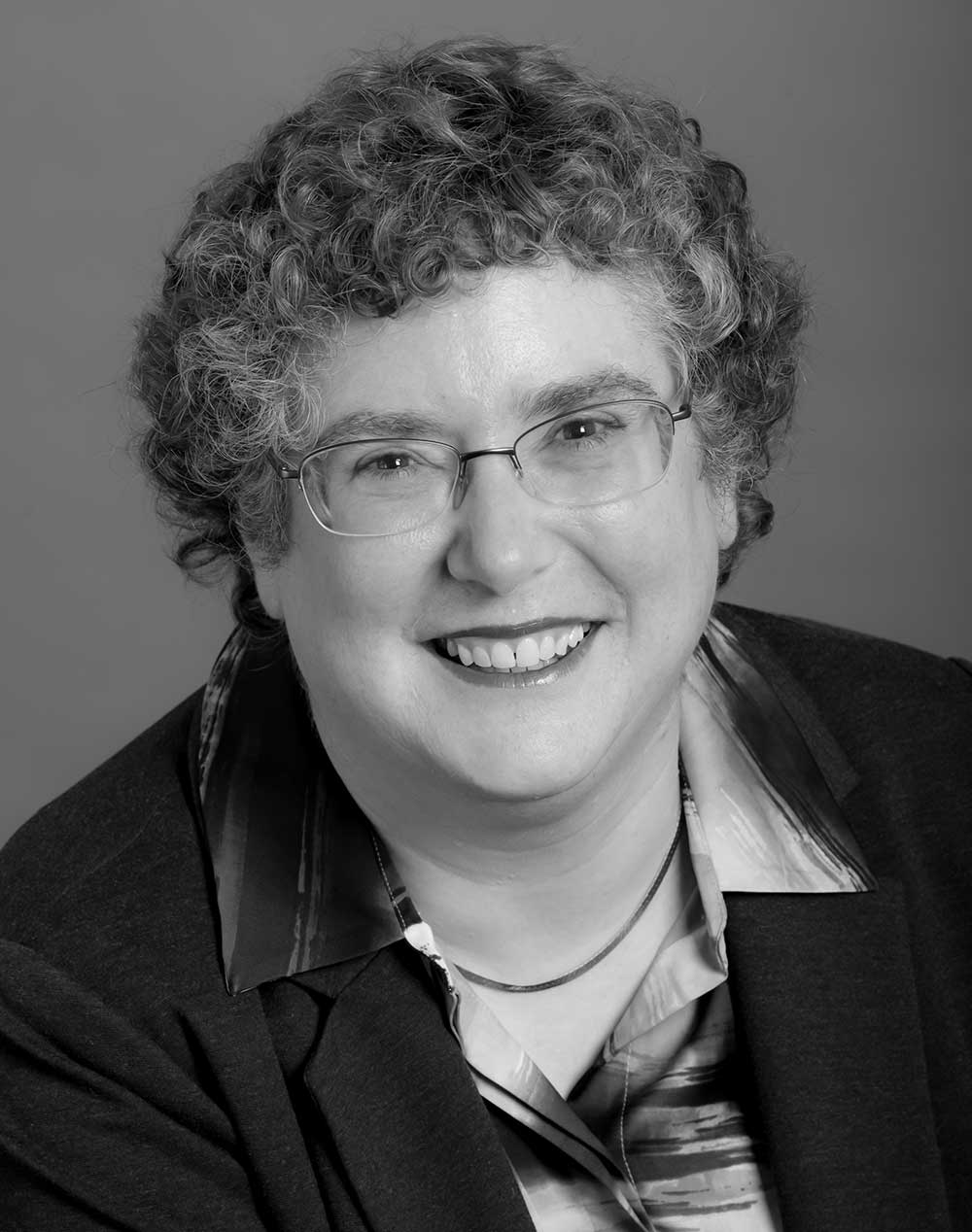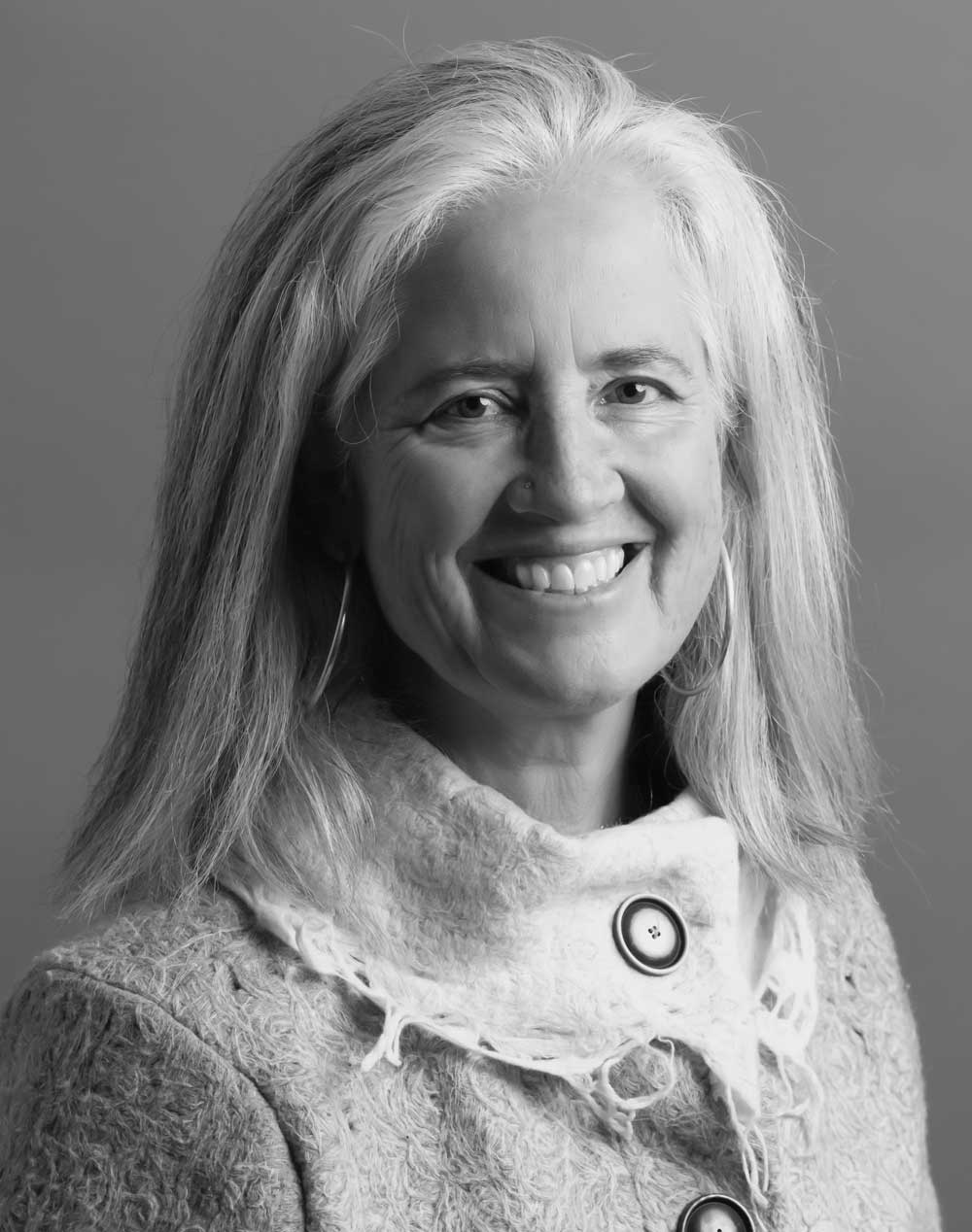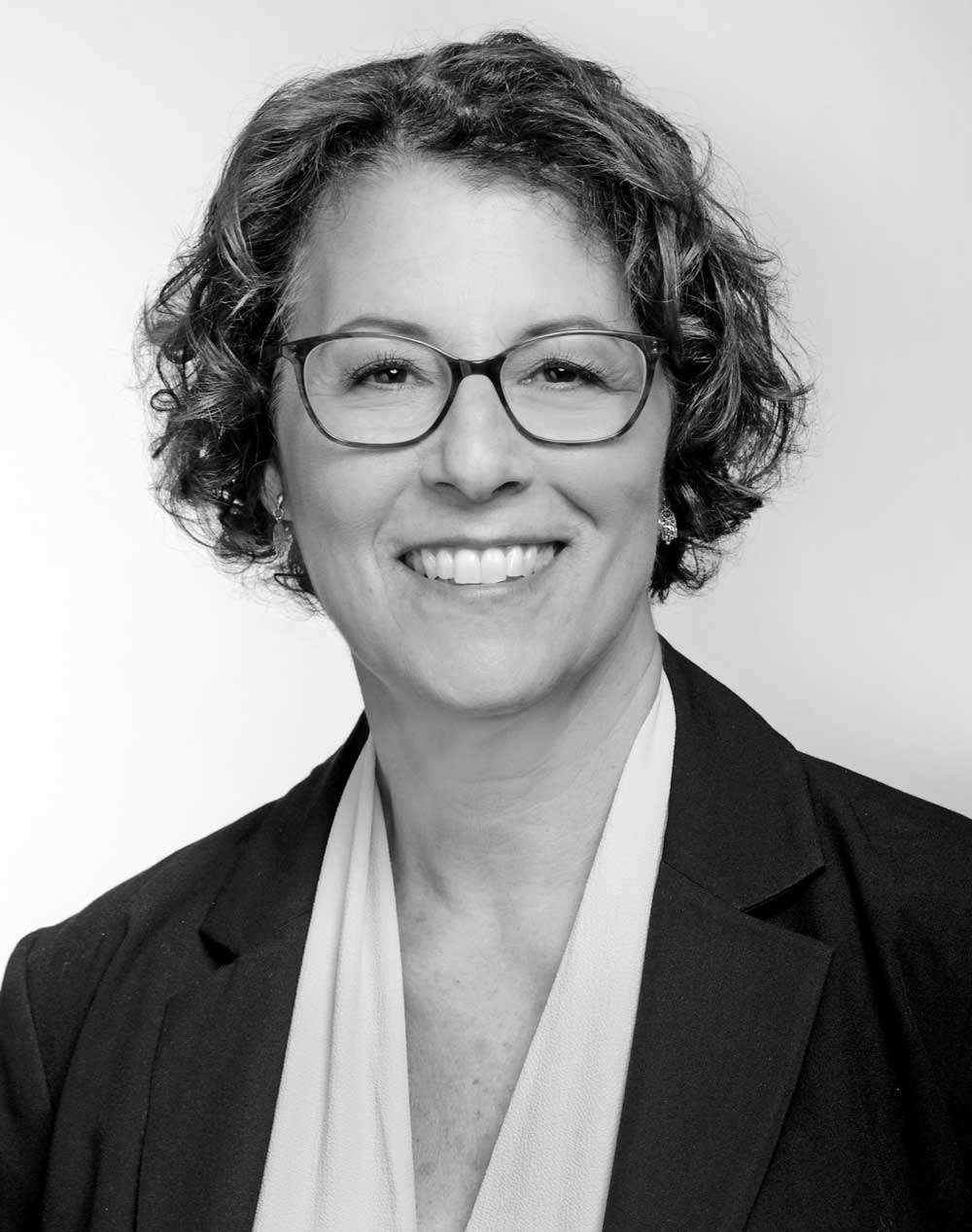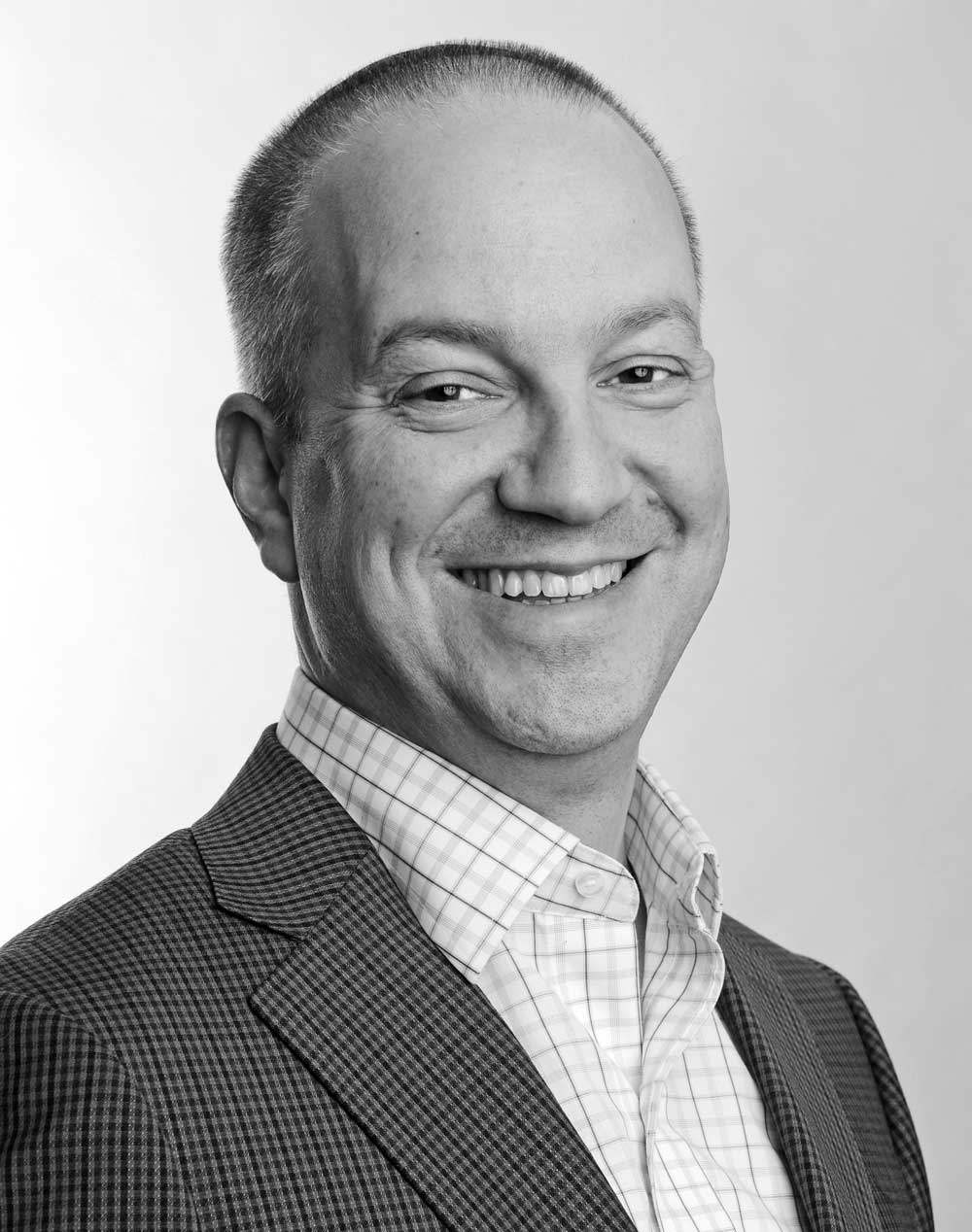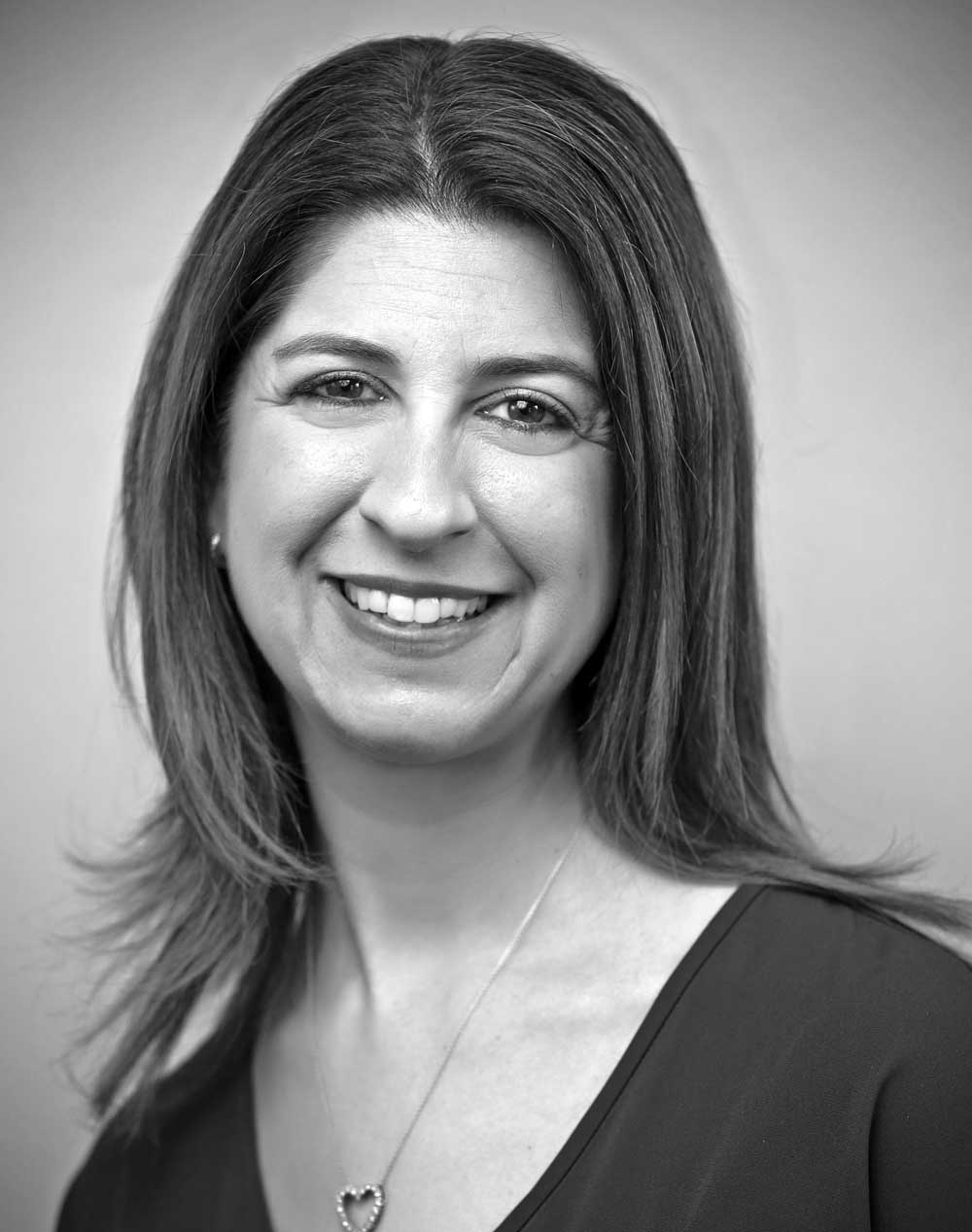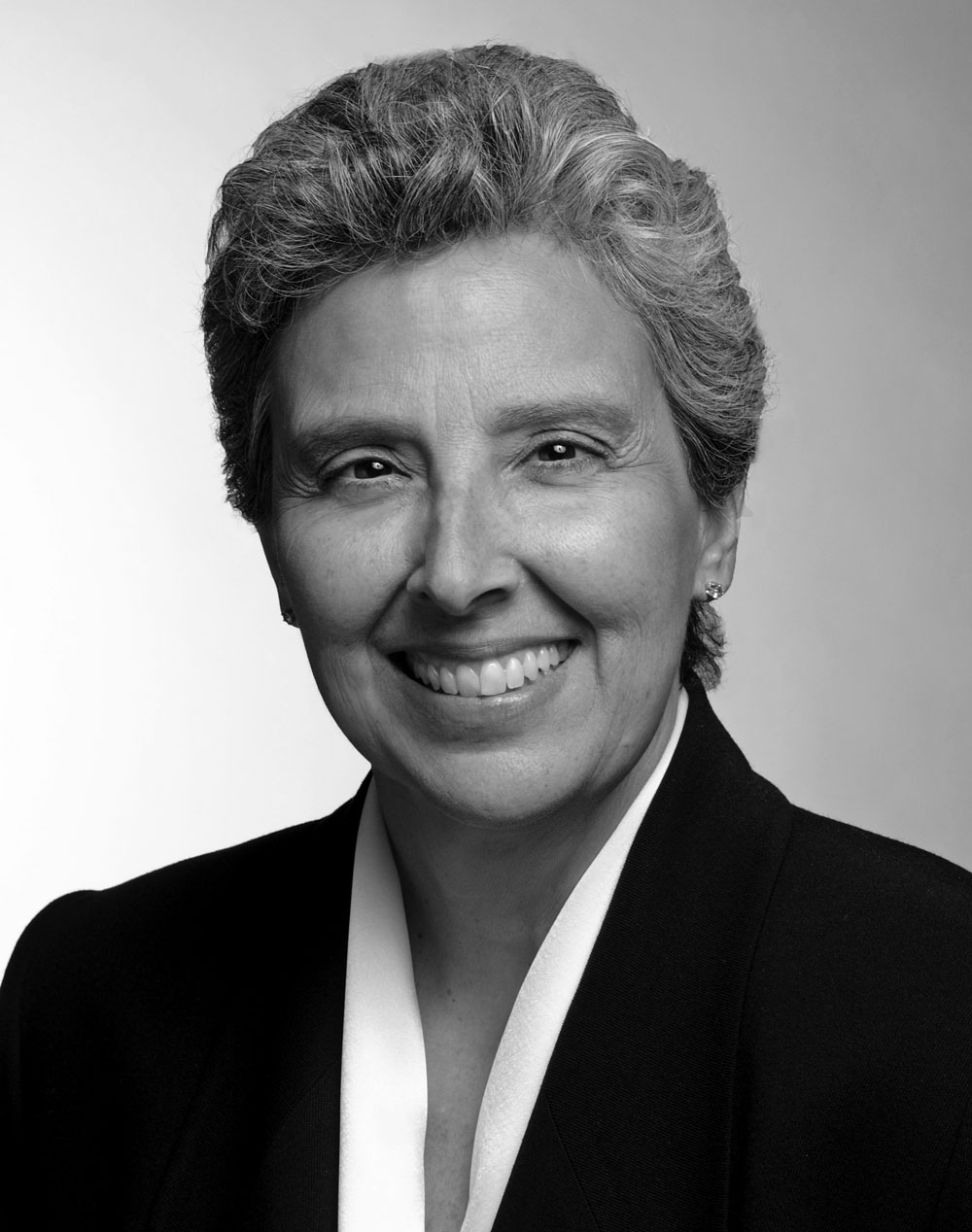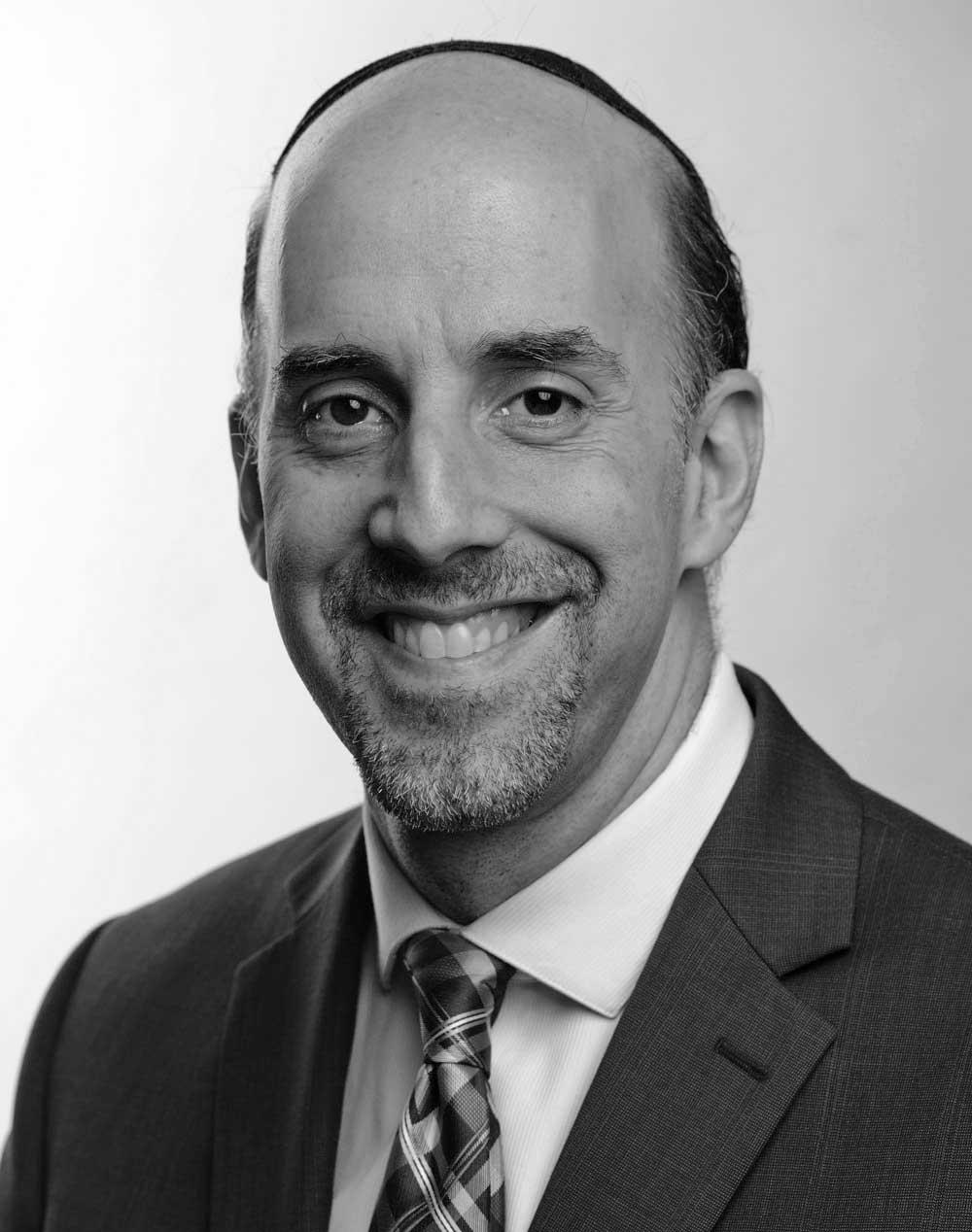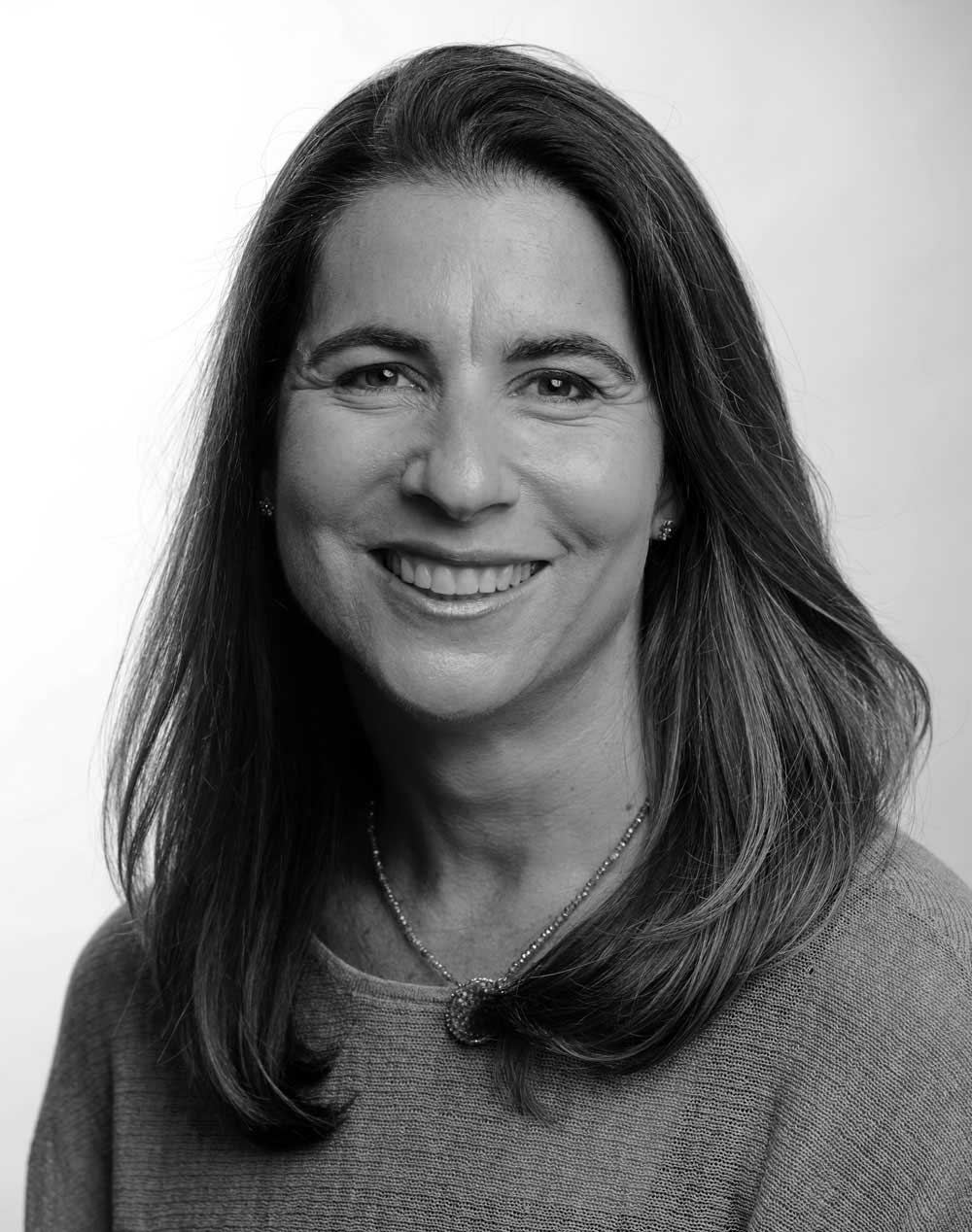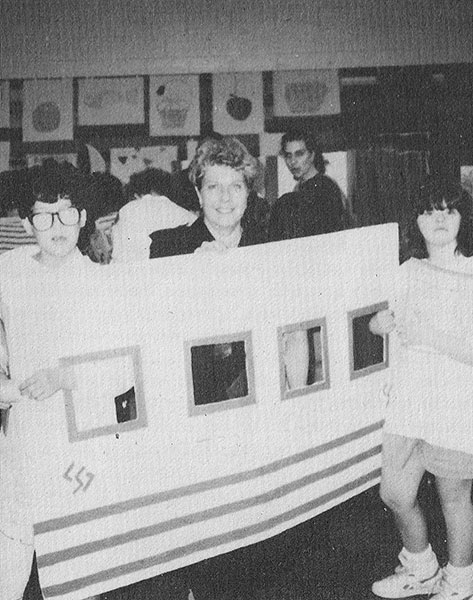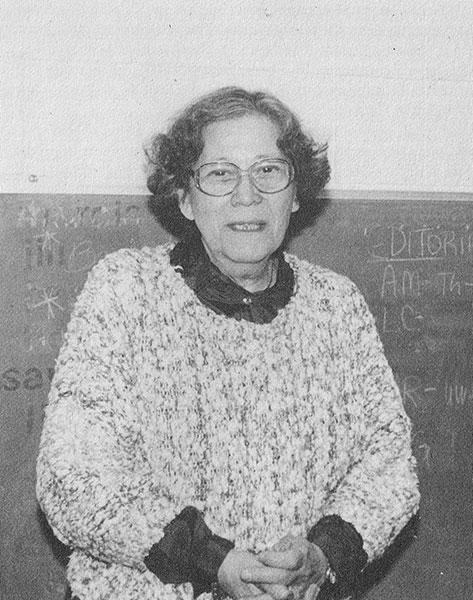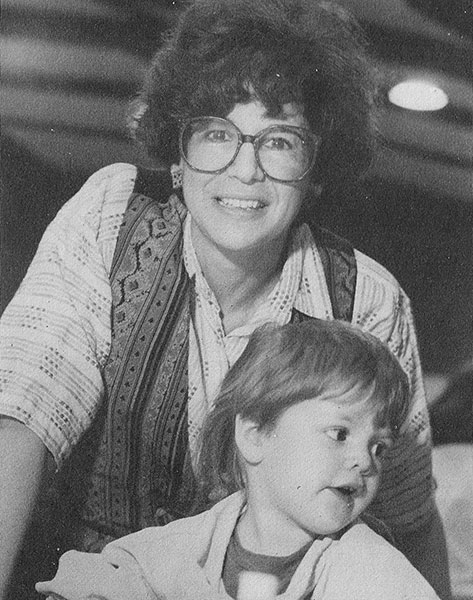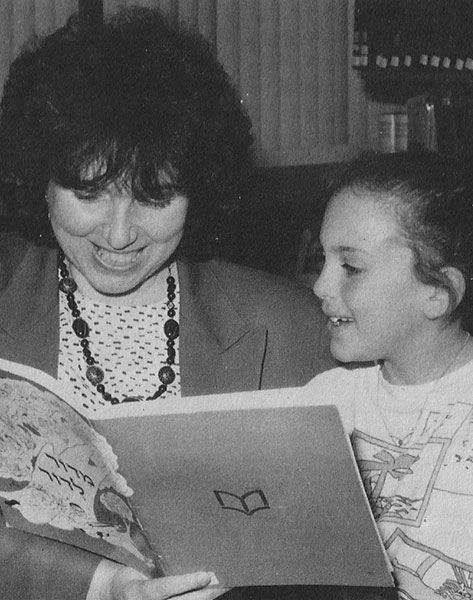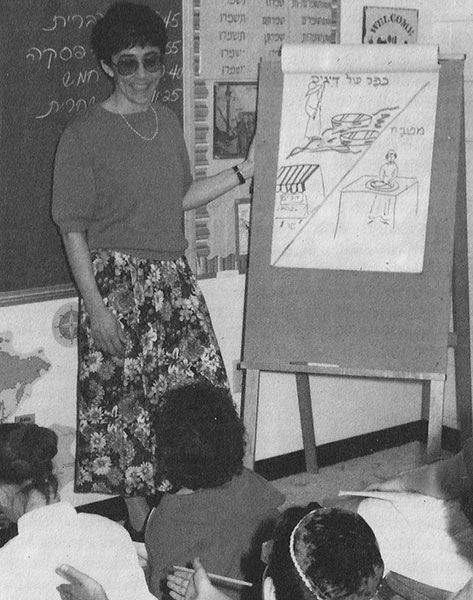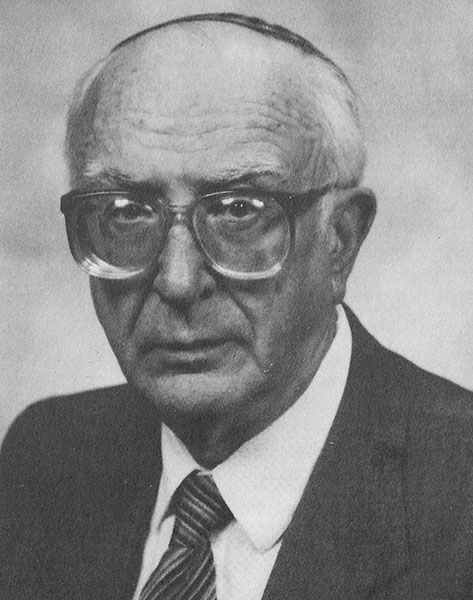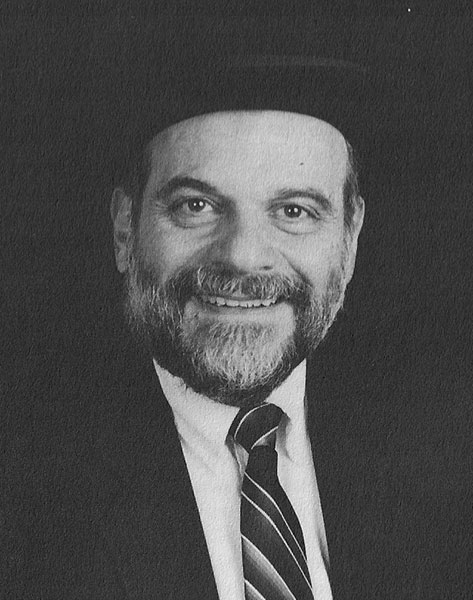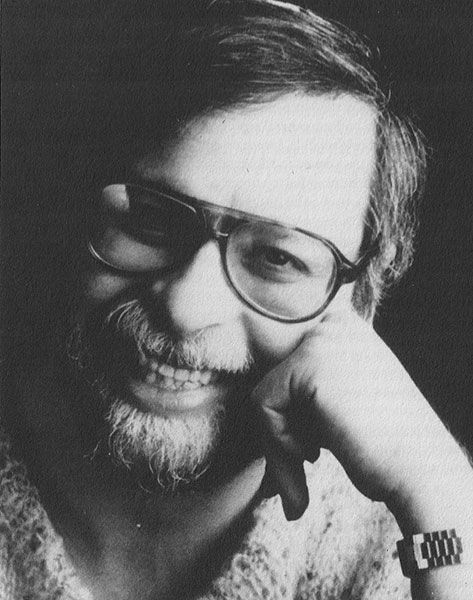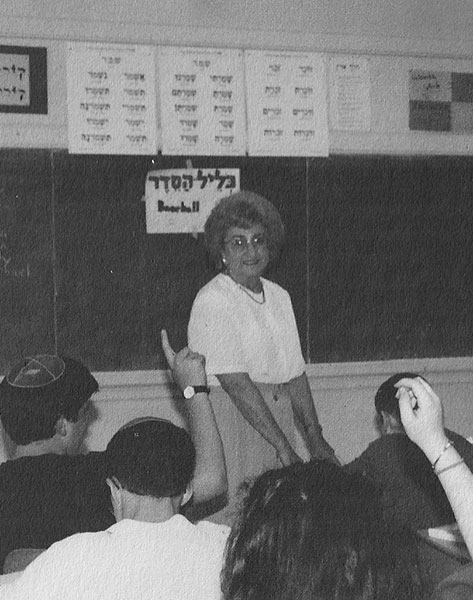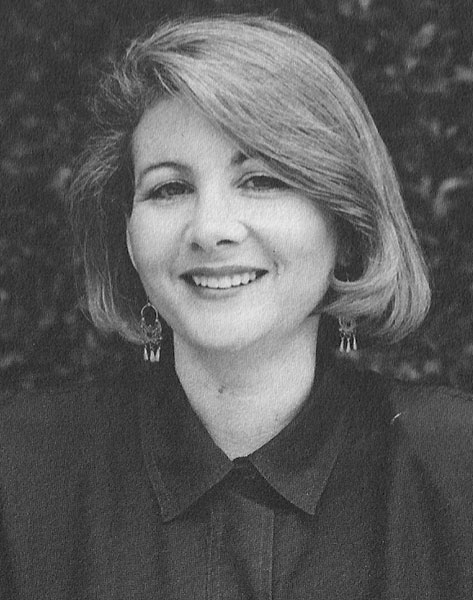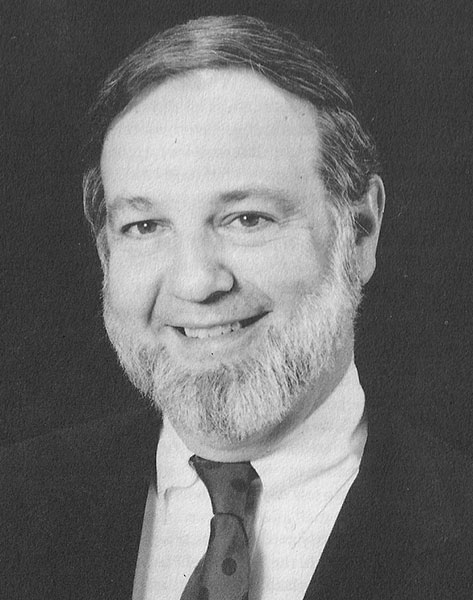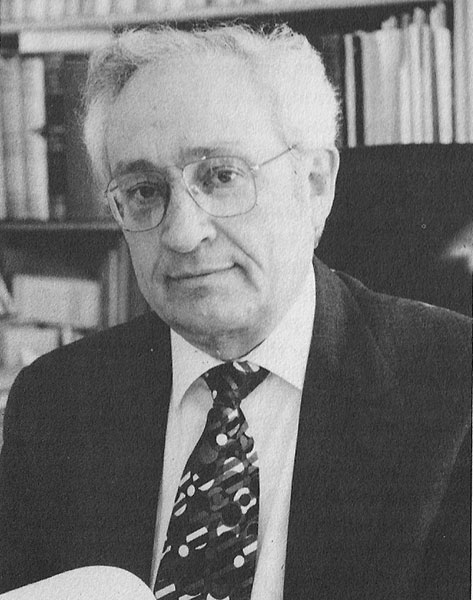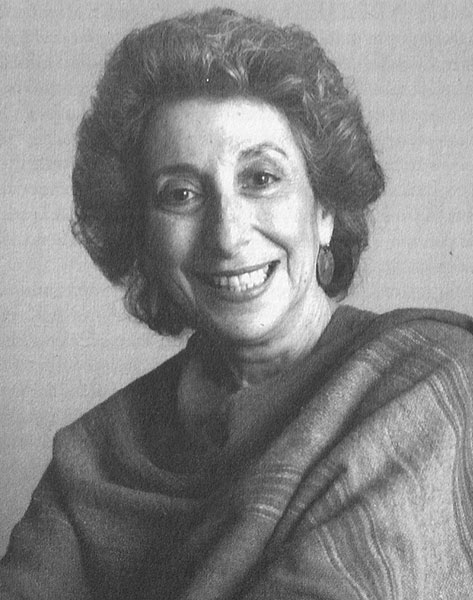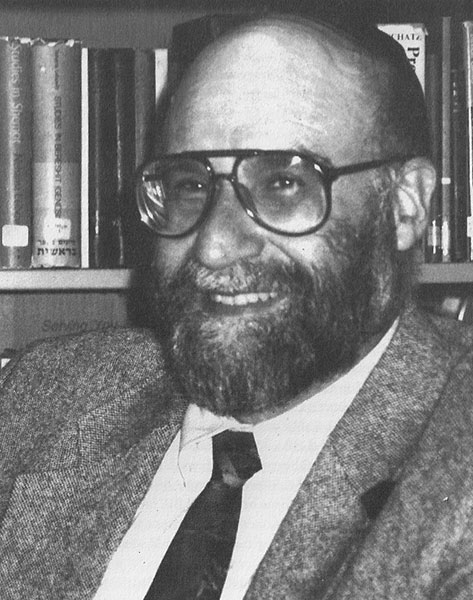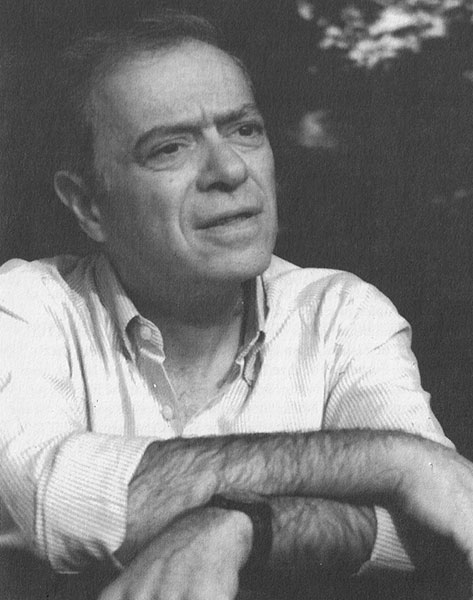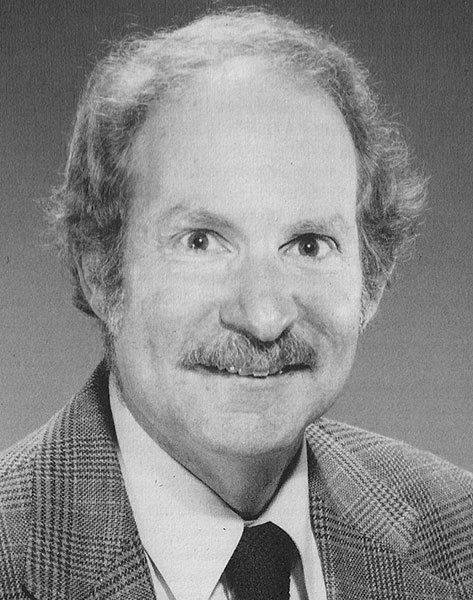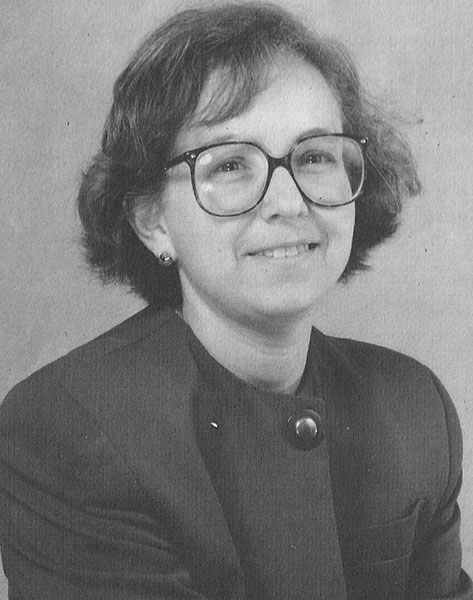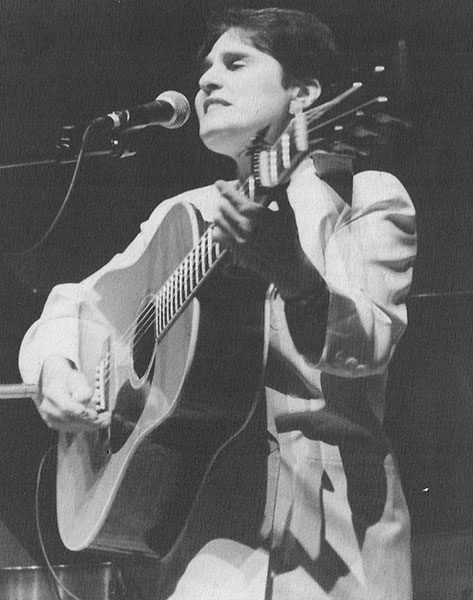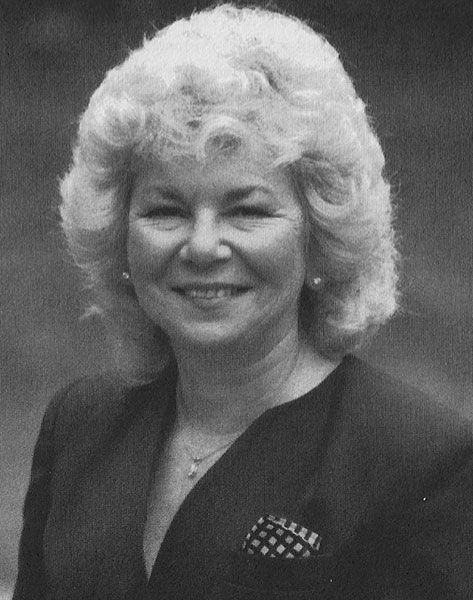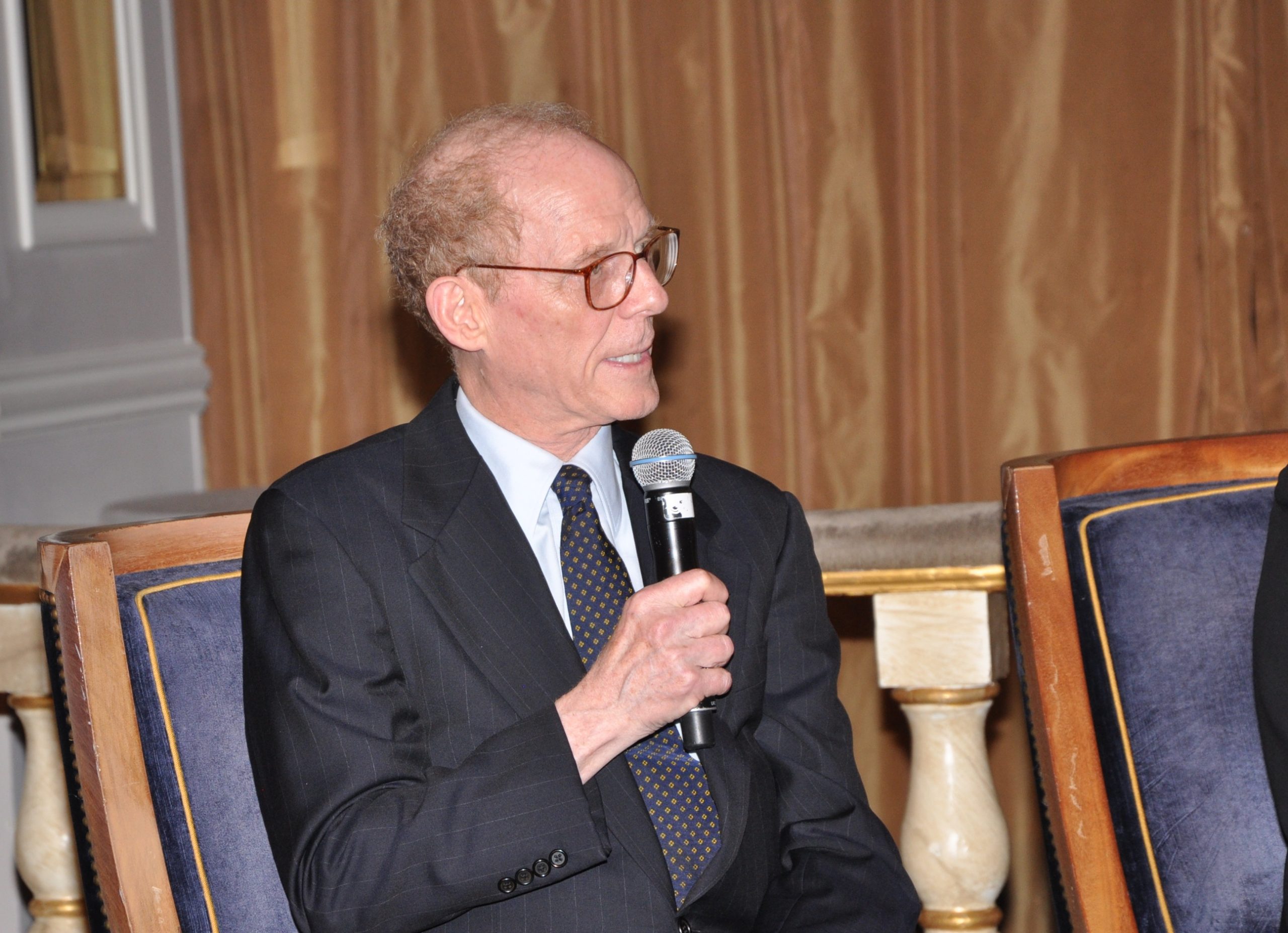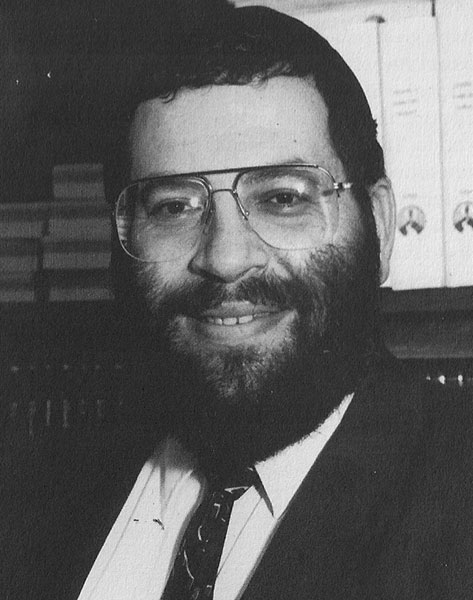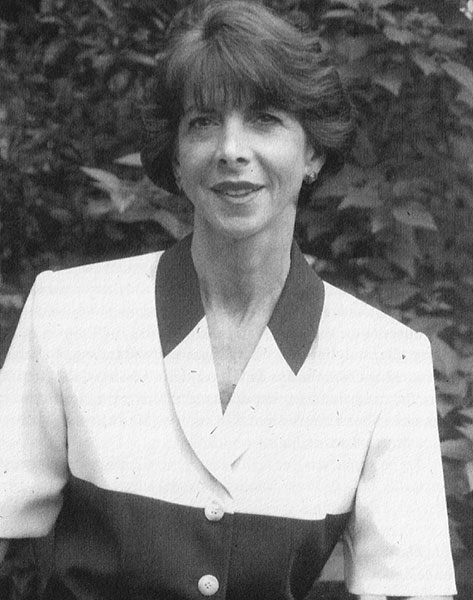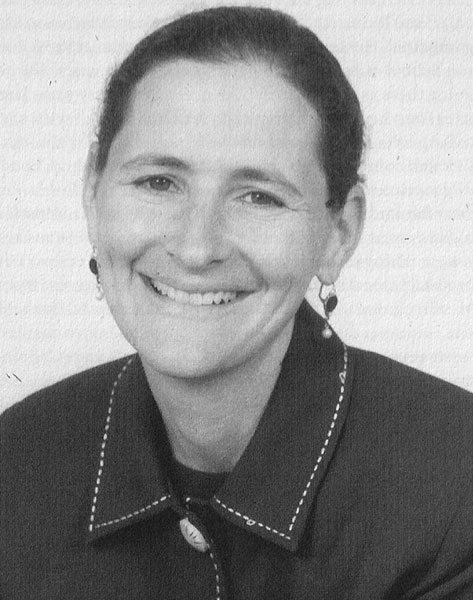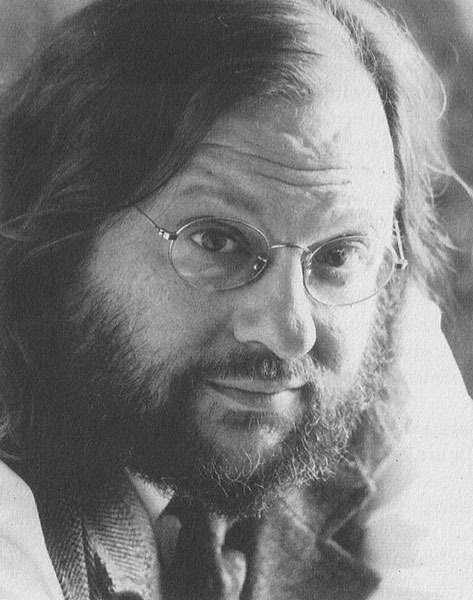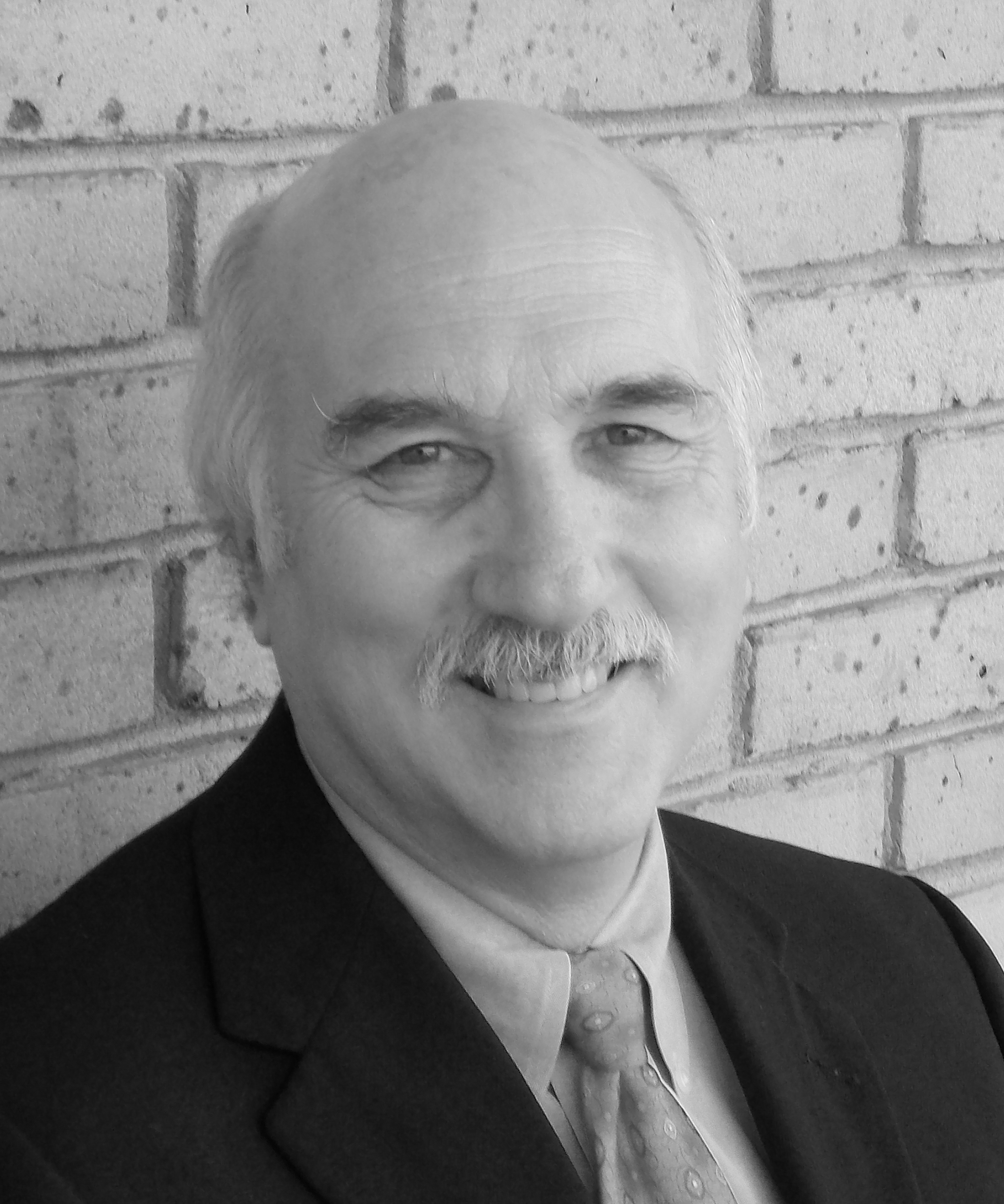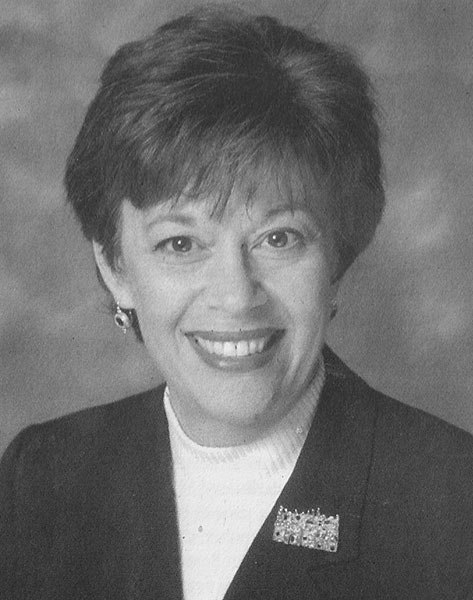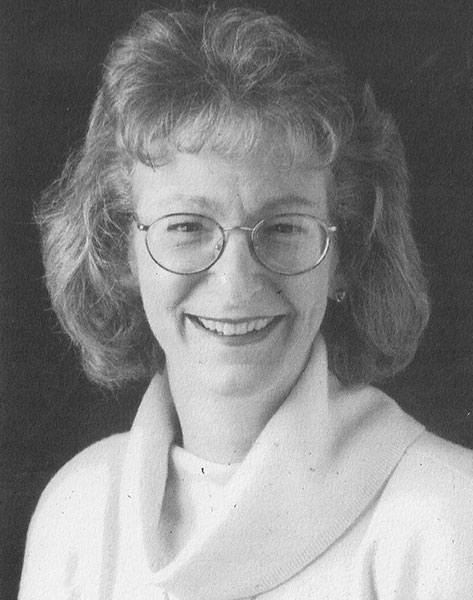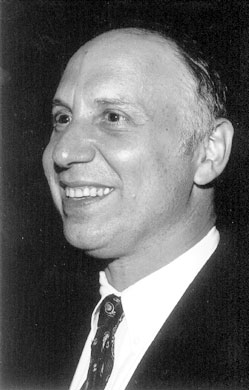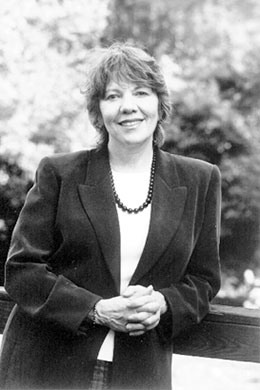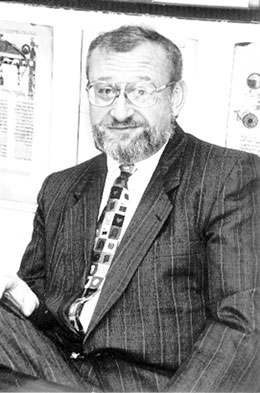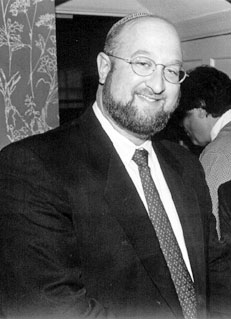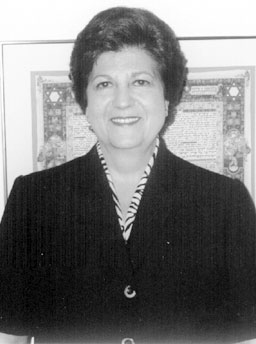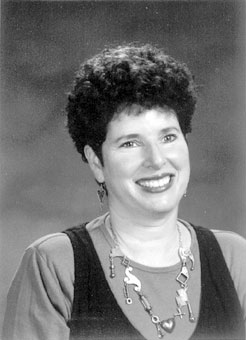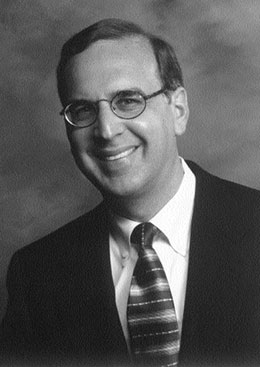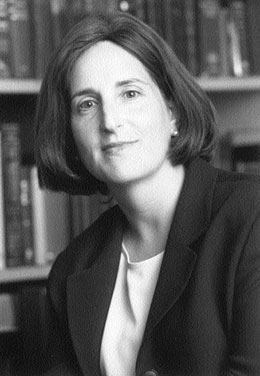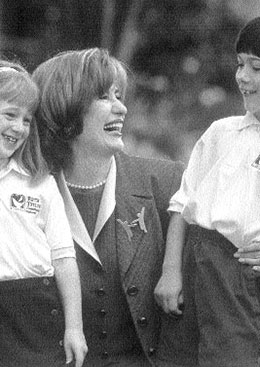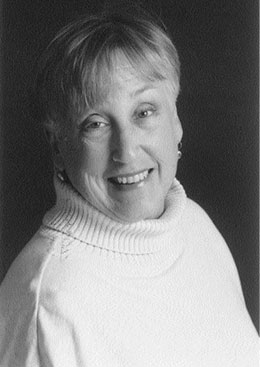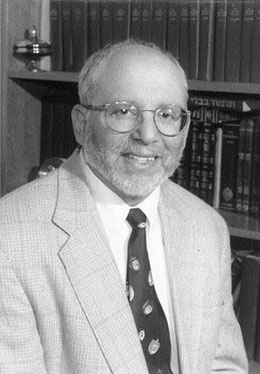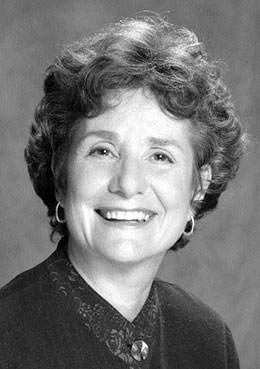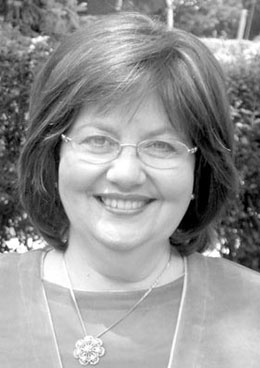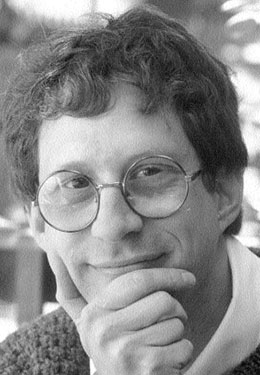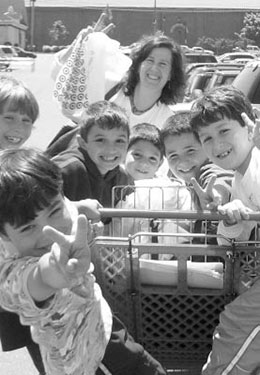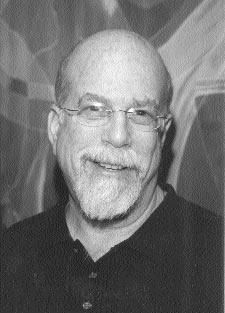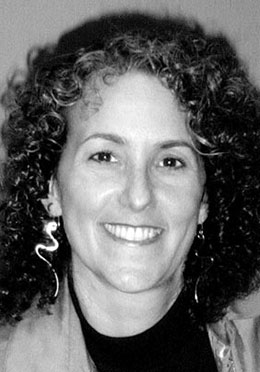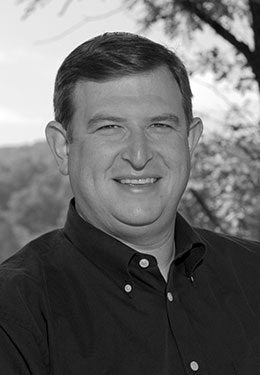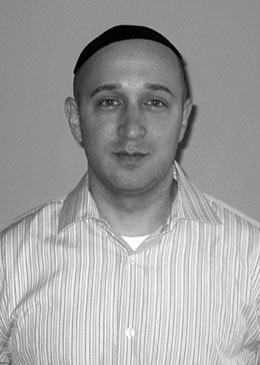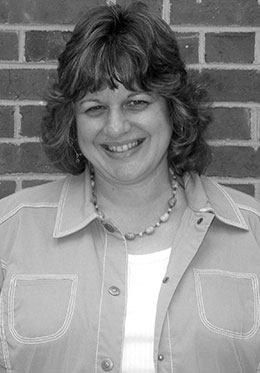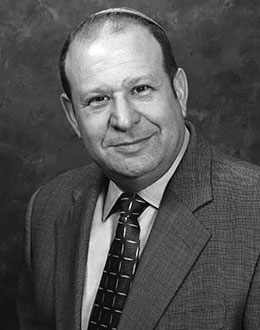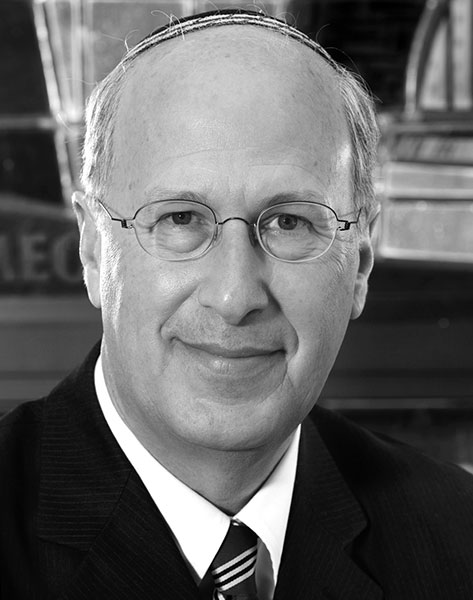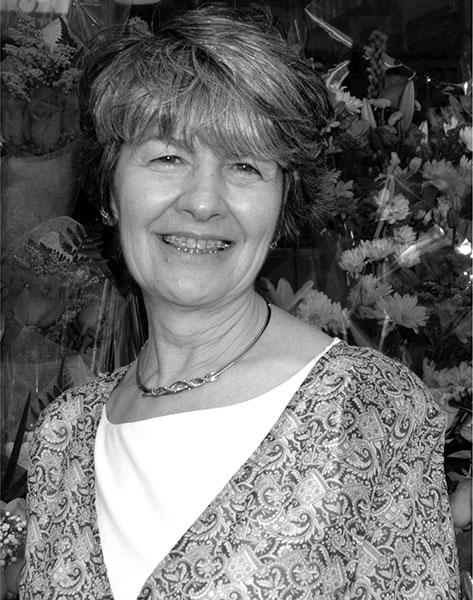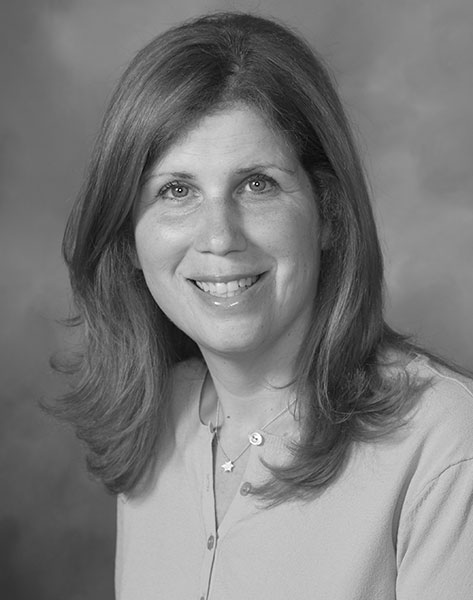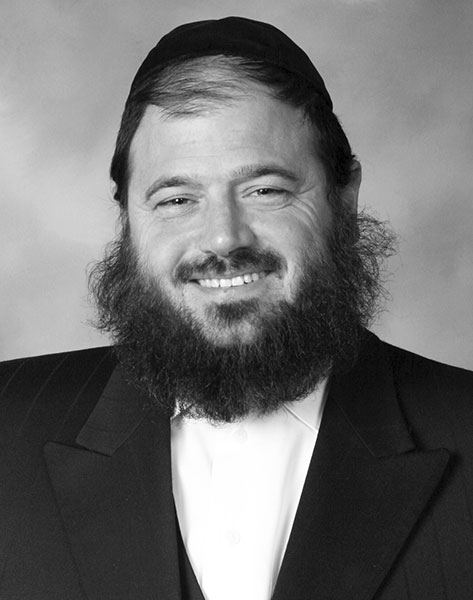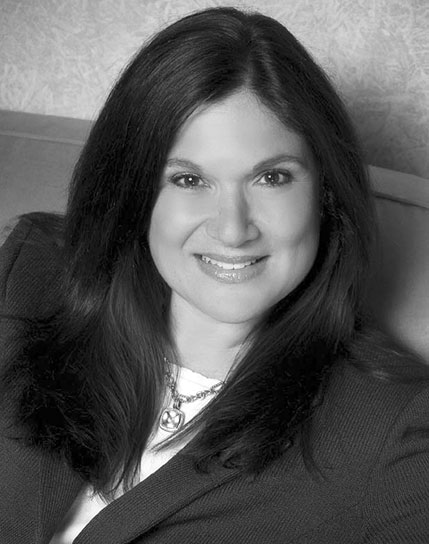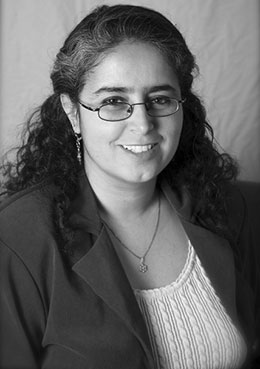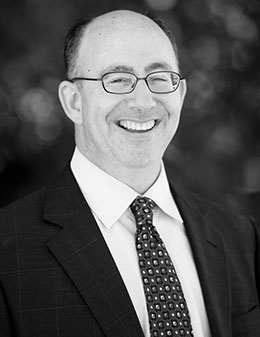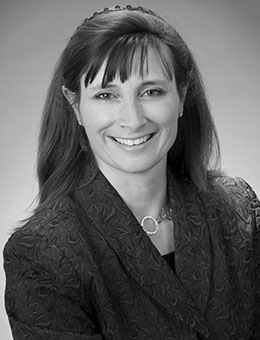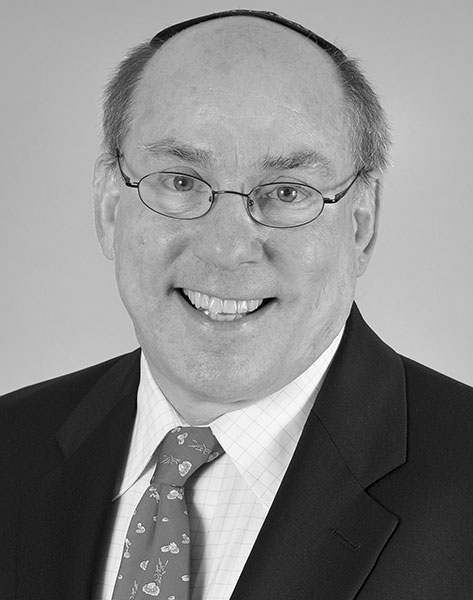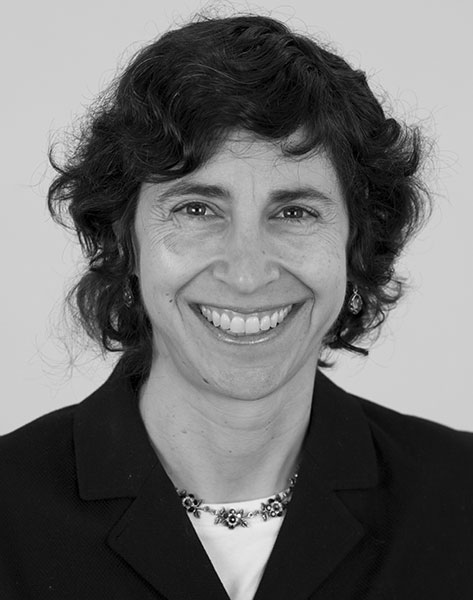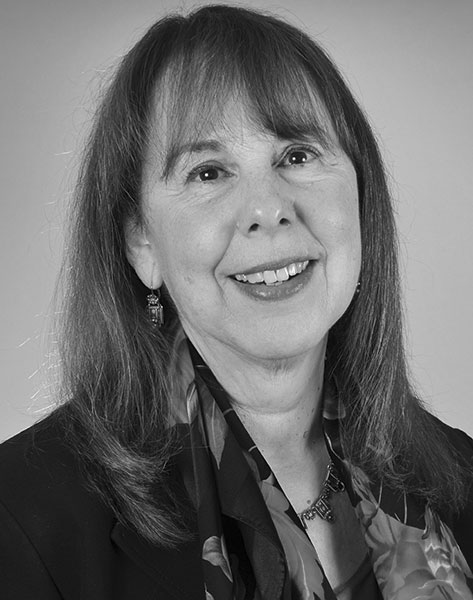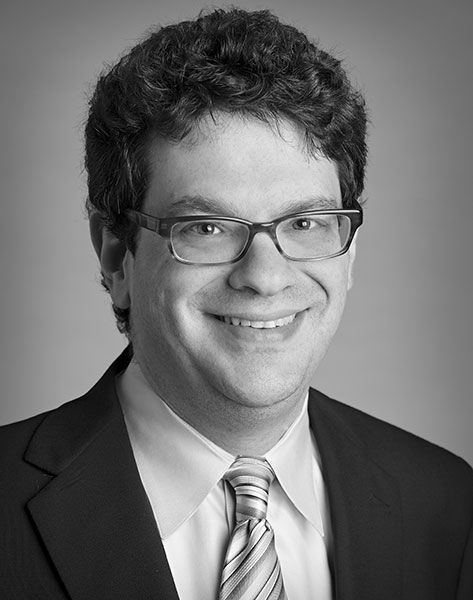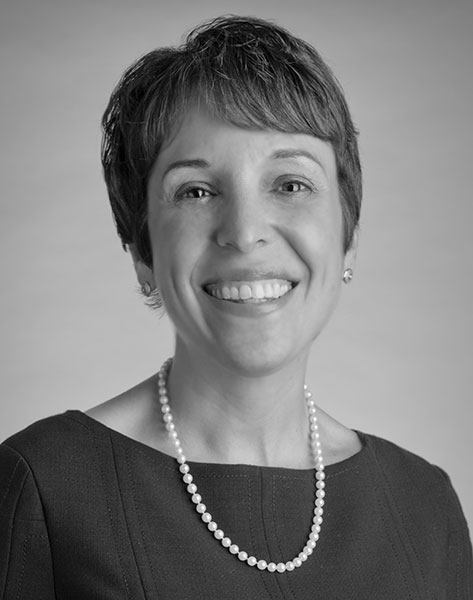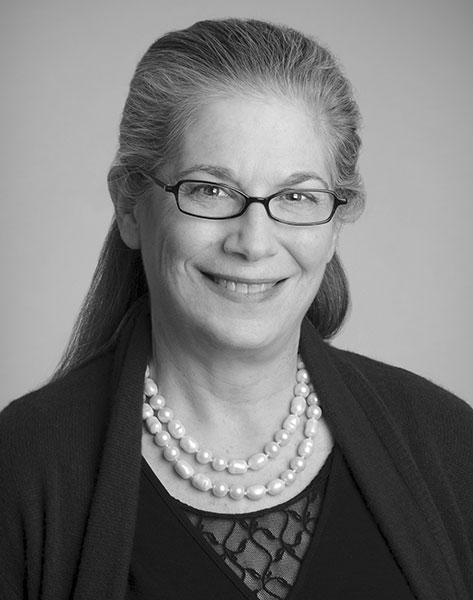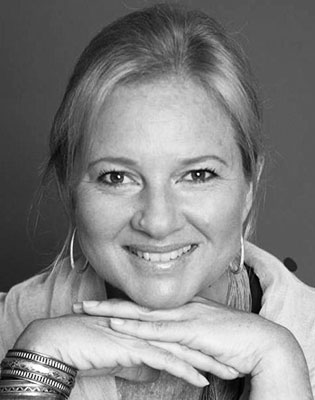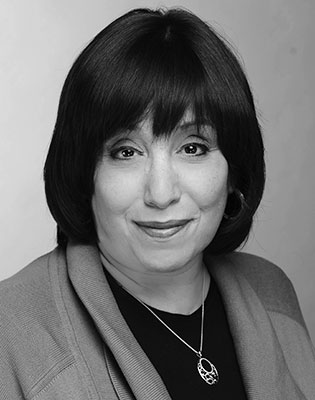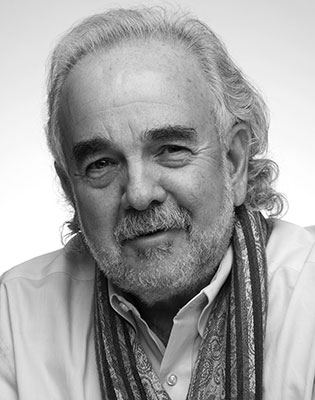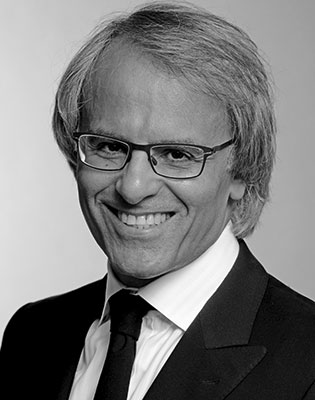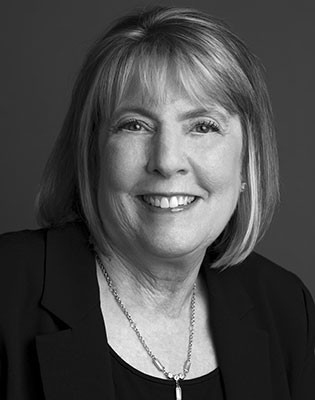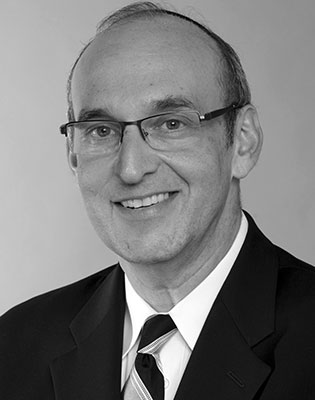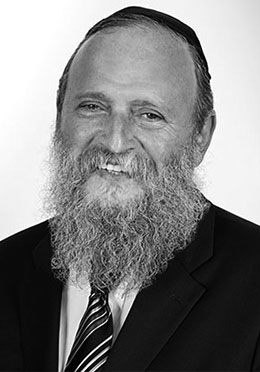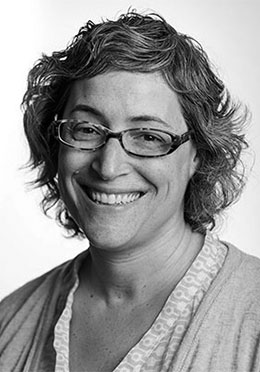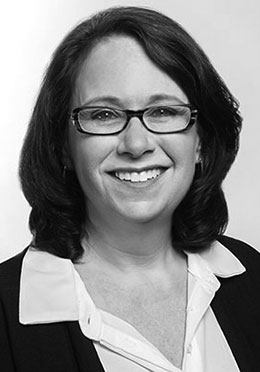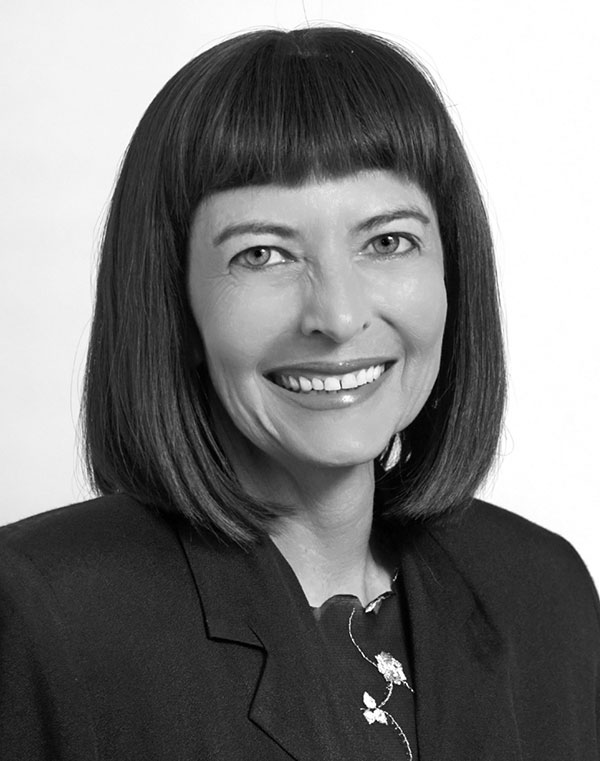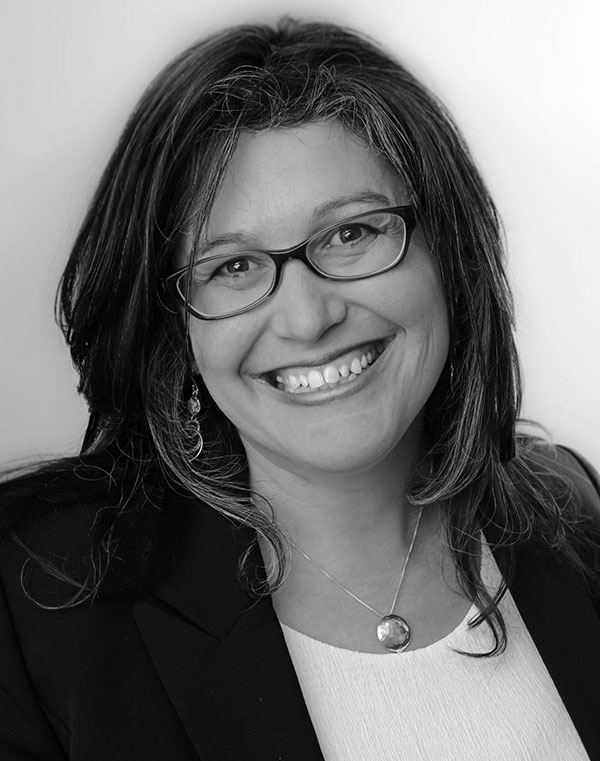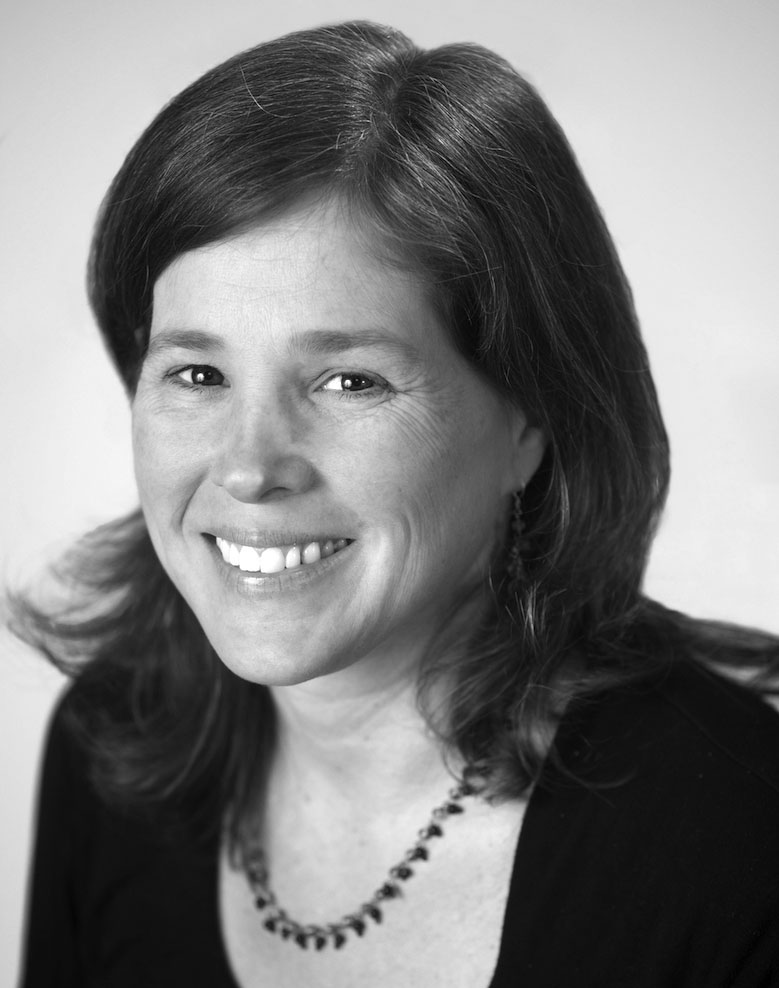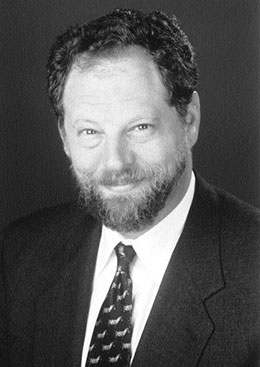
2002 Covenant Award Recipient
Peretz Wolf-Prusan
Rabbi Peretz Wolf-Prusan is a child of the West. As a boy in his father and grandfather’s Los Angeles sign shop, he discovered an aptitude for graphic design. In high school, Peretz’s work with special education students inspired him to pursue computer engineering at UCLA, majoring in engineering and minoring in art.
At the same time, Peretz became involved in Jewish education as an art specialist and storyteller at Union of American Hebrew Congregations (UAHC) youth retreats. As UAHC Camp Swig’s art director (1973 – 77), he was involved in all aspects of Michael Zeldin’s innovative informal education program. At Swig, Peretz met another mentor, Helen Burke z”l, the camp’s Artist-in-Residence.
In the 1970s Peretz was a printmaker and sofer, producing original ketubboth. His work can be found in the collection of the Skirball Museum and is documented in Shalom Sabar’s book Ketubbah: The Art of the Jewish Marriage Contract. He also attended the San Francisco Art Institute and taught Hebrew calligraphy for Lehrhaus Judaica. His Guide to Hebrew Lettering (UAHC Press) was published in 1982. His work at Congregation Beth Am (Los Altos Hills, CA), which brought together art, informal education, and the religious school’s teen education program, is described in The Jewish Educational Leader’s Handbook (A.R.E. Publishing).
In 1979 Peretz met the most important person in his life, Rebecca Wolf. The year of his Covenant Award is their twentieth wedding anniversary. They are the parents of three children: Leora, Avital, and Noah.
In 1985 Peretz completed his undergraduate degree at San Francisco State University, Center for Experimental and Interdisciplinary Art, and entered the rabbinic program at HUC-JIR in Cincinnati, OH. With the encouragement of his teacher and colleague, Rabbi Samuel Joseph, Peretz experimented in family education, receiving the Roland Gittelsohn Prize for Congregational Projects in Education. For his leadership in revitalizing the Cincinnati Reform Jewish High School, he received the Ferdinand
M. Isserman Prize for Community Relations. His mentor and rabbinic thesis co-advisor, Rabbi Eugene Mihaly z”l, encouraged Peretz to experiment in the form and content of tefilah and siddur design. For this he received the Israel Bettan Memorial Prize for Pulpit Presentation. Professors Sara Lee and Isa Aron of the Rhea Hirsch School inspired him to further experiment in congregational education.
As the educator for Congregation Emanu-El, in San Francisco, CA, since 1990, he has created innovative programming, including the Family B’nei Mitzvah Program, Mitzvah Corps, the Guide Rabbi Program, and the Emanu-El Family Israel Trip. Additionally, he developed the Madrichim student-teaching program, the Halutzim adult teacher-training program, and the Mitzvah Mentor young adult-teen mentoring program. He also developed and leads the Shabbat Morning Minyan and the alternative High Holy Day Services.
Peretz continues to grow professionally as a Rabbinic Fellow in the Center for Rabbinic Enrichment (CRE) of the Shalom Hartman Institute and as a Whizin Consultant, serving on the faculty of the Whizin Institute for Jewish Family Life.
From Rabbi Peretz Wolf-Prusan’s Statements of Motivation and Purpose:
“When I was a child I loved my branch library. We had a terrific librarian named Mrs. Williams. The city dedicated a plaque to her when she retired which read, ‘This Is Where the Words Are.’ The story behind the words was that one day a man came into the library and asked for Mrs. Williams. She asked him how could she be of assistance and he explained that he could not read and wanted to learn. She asked why he had come to the library and not one of the night schools. He said, ‘This is where the words are.’
“For over twenty-five years, I have been privileged to teach at Jewish camps, conferences, adult retreats, teen retreats, for Bureaus of Jewish Education, day schools, and supplementary schools. I have designed and led trips with Jewish teens and families across America, Israel, and Poland. However, what I love most about the past years at Congregation Emanu-El can be paraphrased as ‘This is where the families are.’
“When I became one of the fortunate few to be a finalist for the position of the first full-time Educator for Congregation Emanu-El, I was flown into town for interviews with the search committee. I have forgotten most of the questions they asked me except for one, ‘How long will it take you to know that you have made significant changes in our educational program?’ I gripped the edges of the boardroom table, looked the questioner in the eye and said, ‘Ten years.’… I explained that one can truthfully measure the change of a culture of a school only by comparing and contrasting the current graduating class, in effect the tenth grade Confirmation class, with the current first grade when they are in confirmation. The span between them would be ten years. I added that I did not want to make the school better. I wanted to make it different.
“The place to make it different would be where Jewish life is lived— with Jewish families living in Jewish homes. Who are Emanu-El families? All are searching for something spiritual and meaningful in their lives and are desperate to provide more for their own children. Like the man in the library, they have come to the place, the synagogue, where the words are.
“Now, ten years later, the culture of learning at Emanu-El is radically different. Step by step, year-by-year, Jewish Family Education has become the gateway of all efforts to learning. There are now participatory and Hebrew-enriched worship services. There are parent and teen social service programs. There are more adults benefiting from the adult education program. There is a constant stream of adults and children in parallel learning tracks.
“Rabbi Simlai taught: ‘The Torah begins with loving kindness and ends with deeds of loving kindness’ (Talmud Sotah 34:6). My career in Jewish Family Education began with acts of loving kindnesses bestowed upon me and I can pray that it concludes with deeds of loving kindness returned. My teachers are with me everyday and they still motivate me. I am motivated every day by new teachers like Vicky Kelman, Bill Cuter, Sam Joseph, and Jonathan Woocher. They motivate me to rise above yesterday’s expectations. My teachers and staff who have joined me in this wild effort to make supplementary Jewish learning a catalyst to primary Jewish living doubly motivate me. I am most motivated by the students and parents of Congregation Emanu-El. They are doing beautifully.”
From his Letters of Nomination and Support:
“The unsung heroes of Jewish education are the congregational educators who have beaten the odds—re-energizing beleaguered and mediocre institutions, and turning them into vital centers of Jewish learning. Peretz Wolf-Prusan is foremost among these heroes…. Peretz not only re-structured the school at Congregation Emanu-El, he re-cultured it, getting everyone in the family into the act, and making Jewish learning a vital part of the congregation.”
Isa Aron
Professor, Hebrew Union College-Jewish Institute of Religion “Peretz has helped to remake one of the most important Jewish institutions in the American West. With his welcoming manner, his warmth and humor, his art for experimentation and innovation, he has profoundly affected this venerable synagogue’s ambience, literally the way it feels to be there…. Emanu-El and San Francisco Jewry enter the new century immeasurably strengthened and refreshed by the presence of Rabbi Peretz Wolf-Prusan.”
Fred Rosenbaum
Founding Director, Lehrhaus Judaica
“Because of Rabbi Peretz Wolf-Prusan and the teaching opportunity he gave me, my goal is to become a Jewish educator as well. I am pursuing a Masters degree in Jewish studies, and through Rabbi Peretz’s guidance I am planning to go to rabbinical school—he is truly my mentor.”
Ariana Scott
Former student and religious school teacher, Temple Emanu-El
“Our experience at Temple Emanu-El, under Peretz’s religious school leadership, has fulfilled every Jewish parent’s wish: our children are growing up with a strong sense of Jewish identity and connection. They view the Temple as a core part of their community and lives, with their own connections and experiences independent of our family. They have a solid base of Jewish knowledge, but more importantly, the desire to keep learning.”
Abby Snay and Edward Yelin
Members, Temple Emanu-El
“In July of 1998, my Bar Mitzvah seemed so far off; it seemed unreal. When I entered Peretz’s office for my first meeting with him, I entered a whole different state of mind…. I was puzzled when he told me with a smile that we were going on a field trip, but I went along. I followed him up through a small staircase; every step had its own lively echo. We finally arrived in the main sanctuary of our synagogue where he sat down and was silent for a long time. I followed his lead. He then told me about my Bar Mitzvah and about all of its meanings. He told me that I was entering Judaism through a different door….”
Ben Yelin
Former Student, Temple Emanu-El
